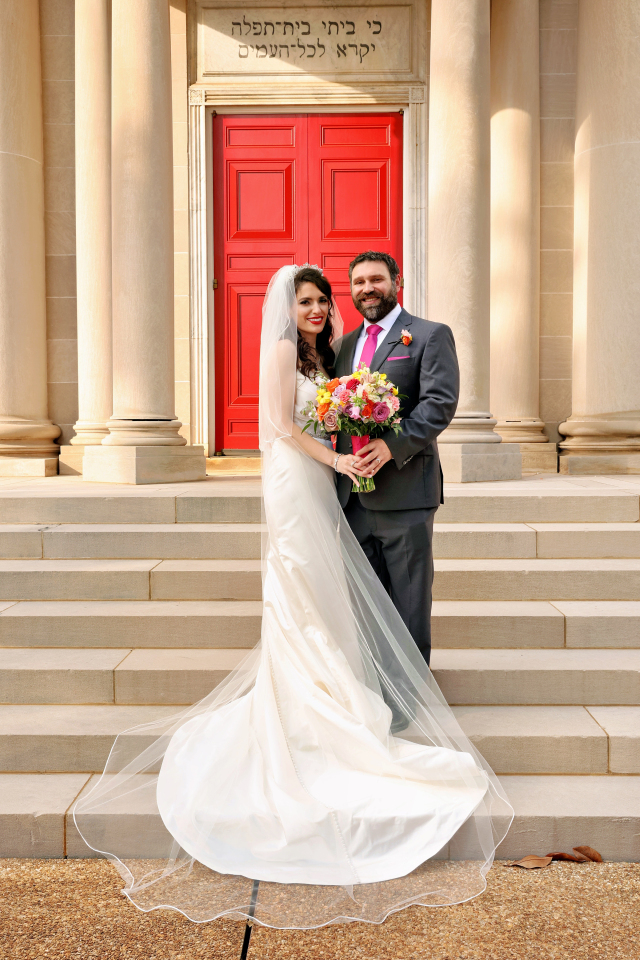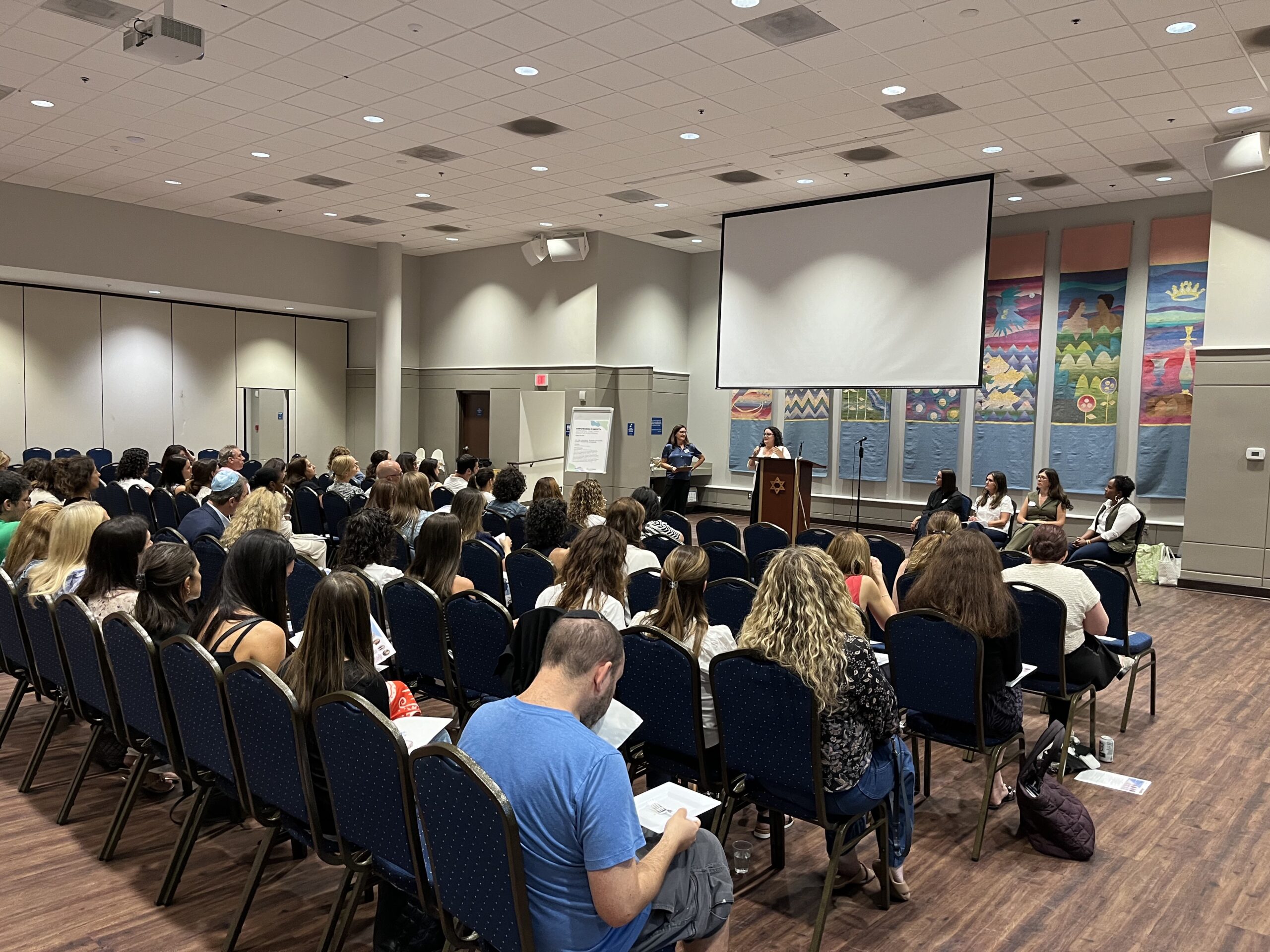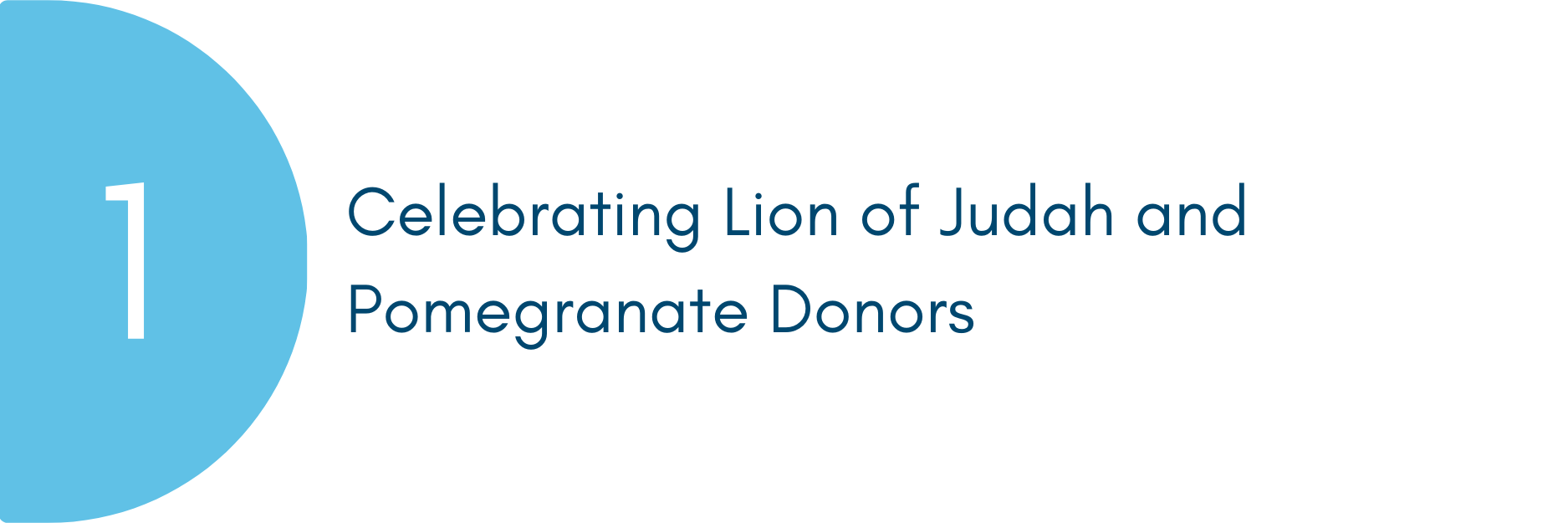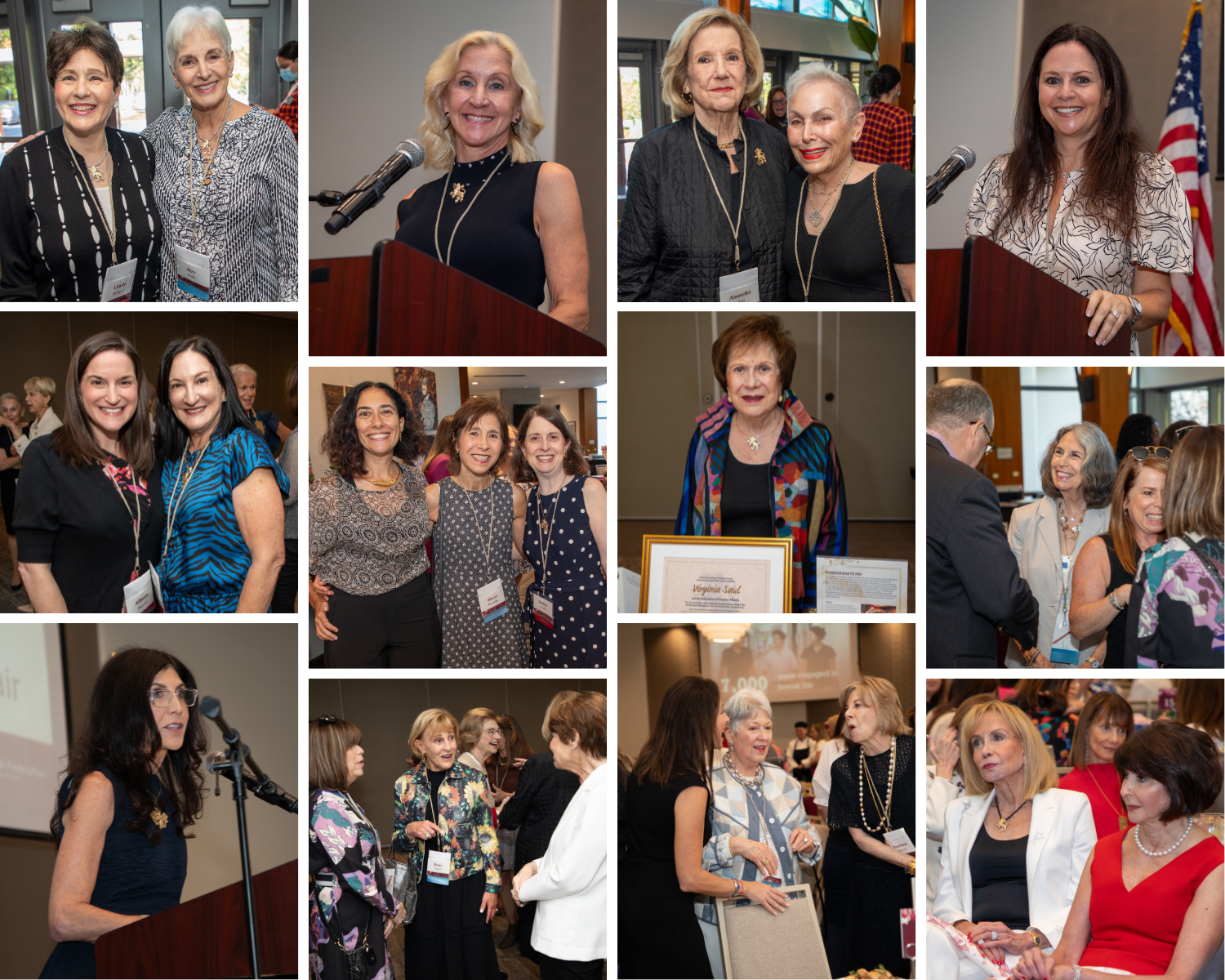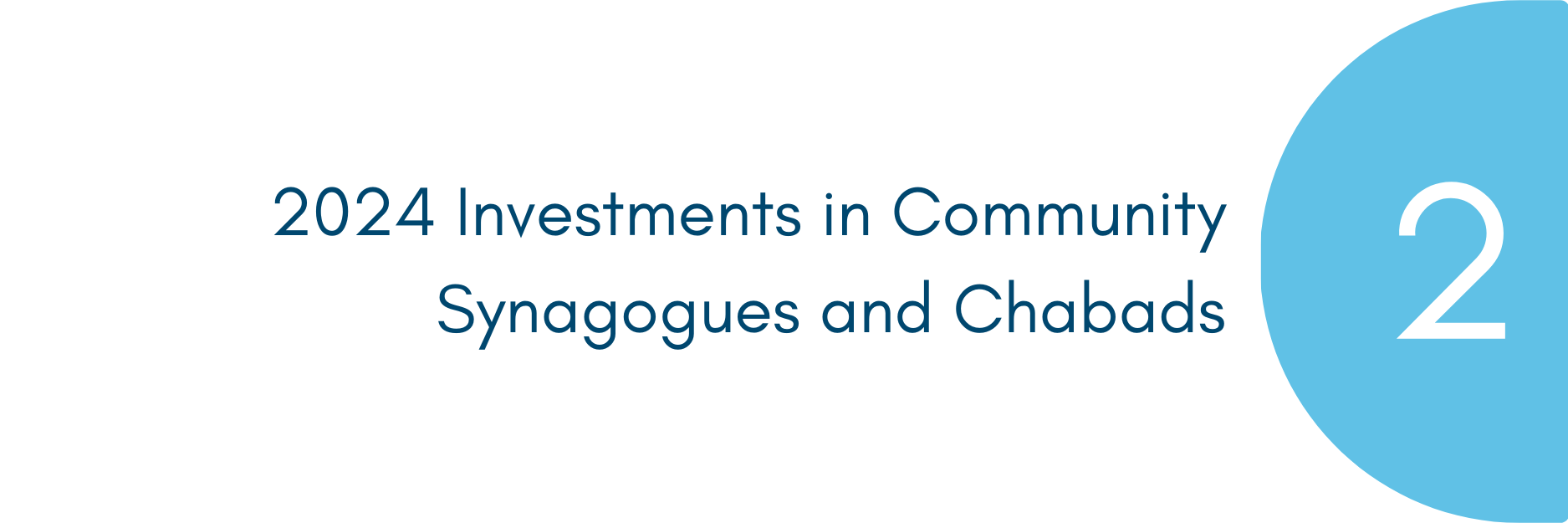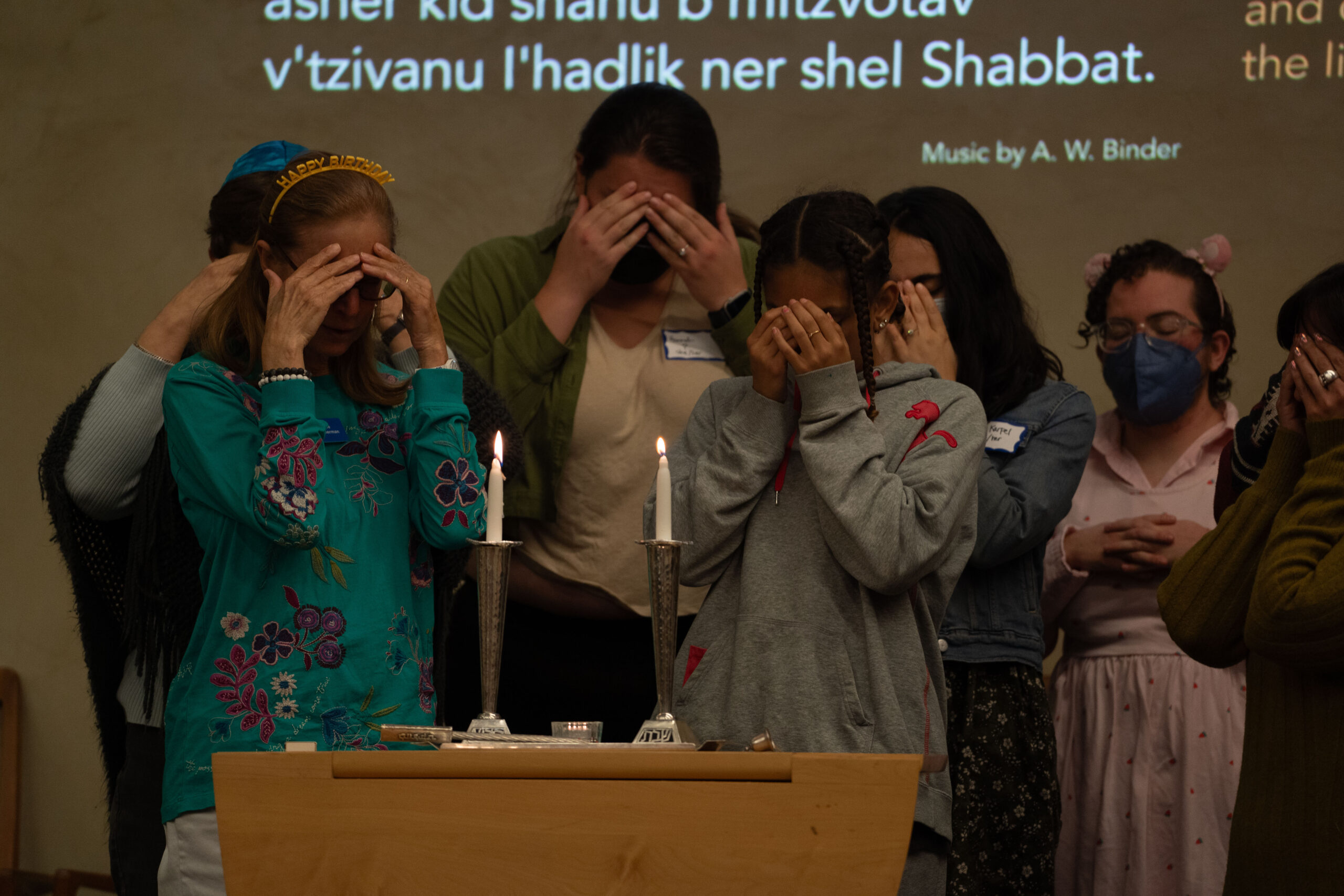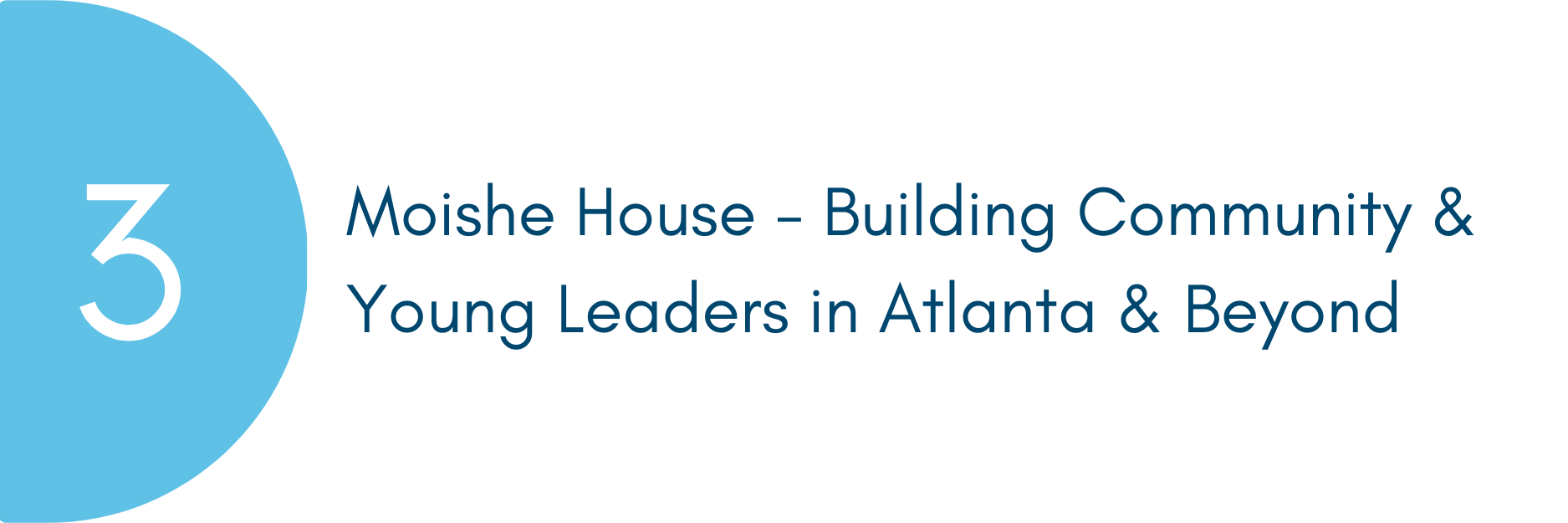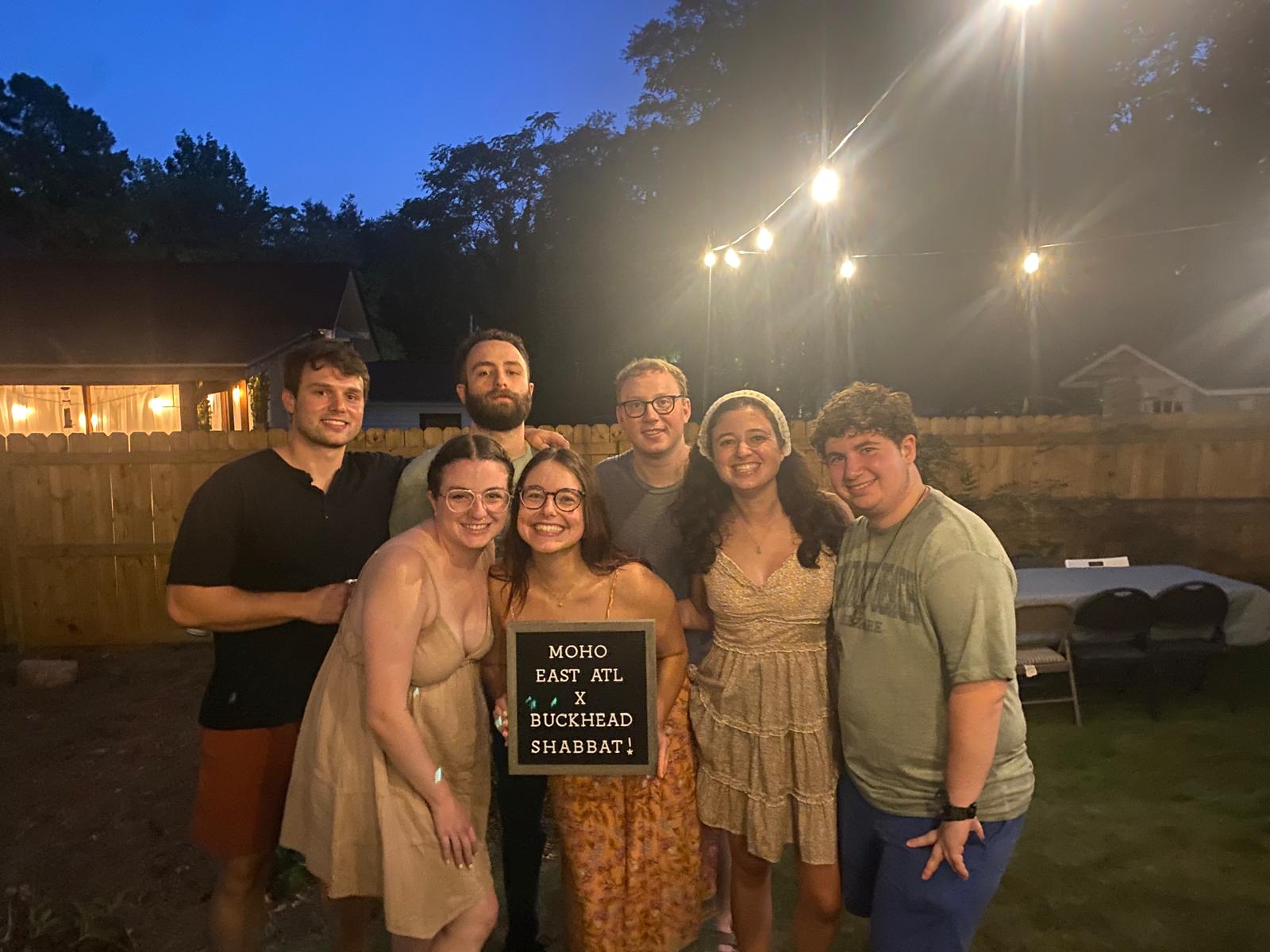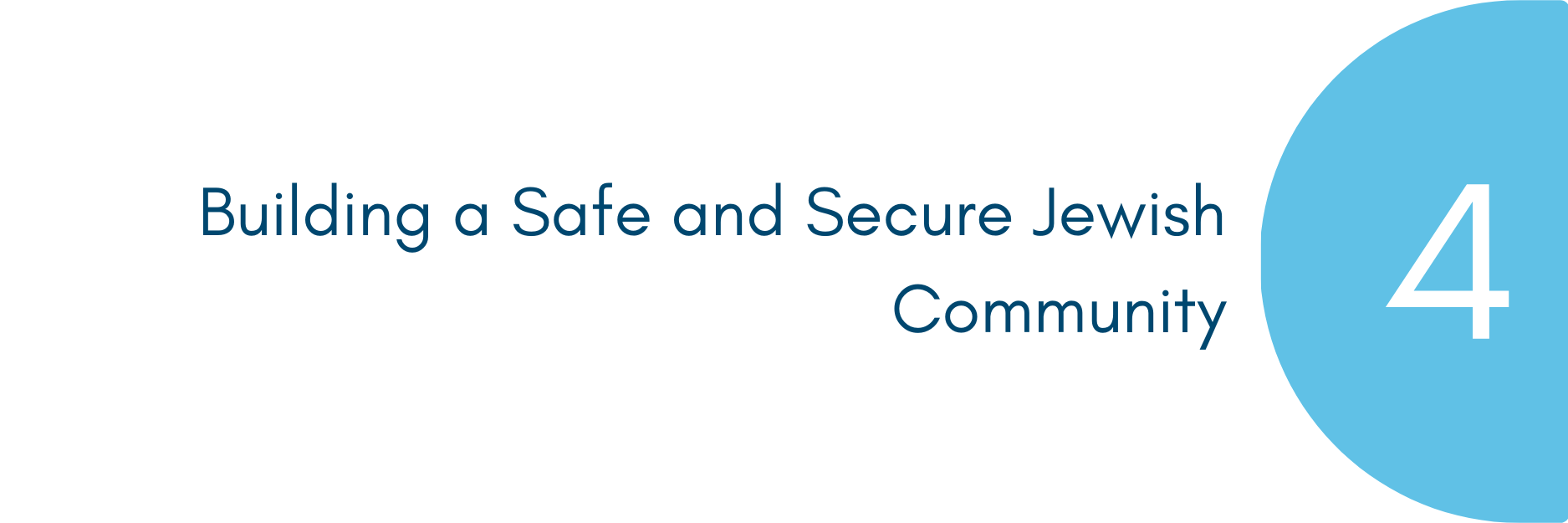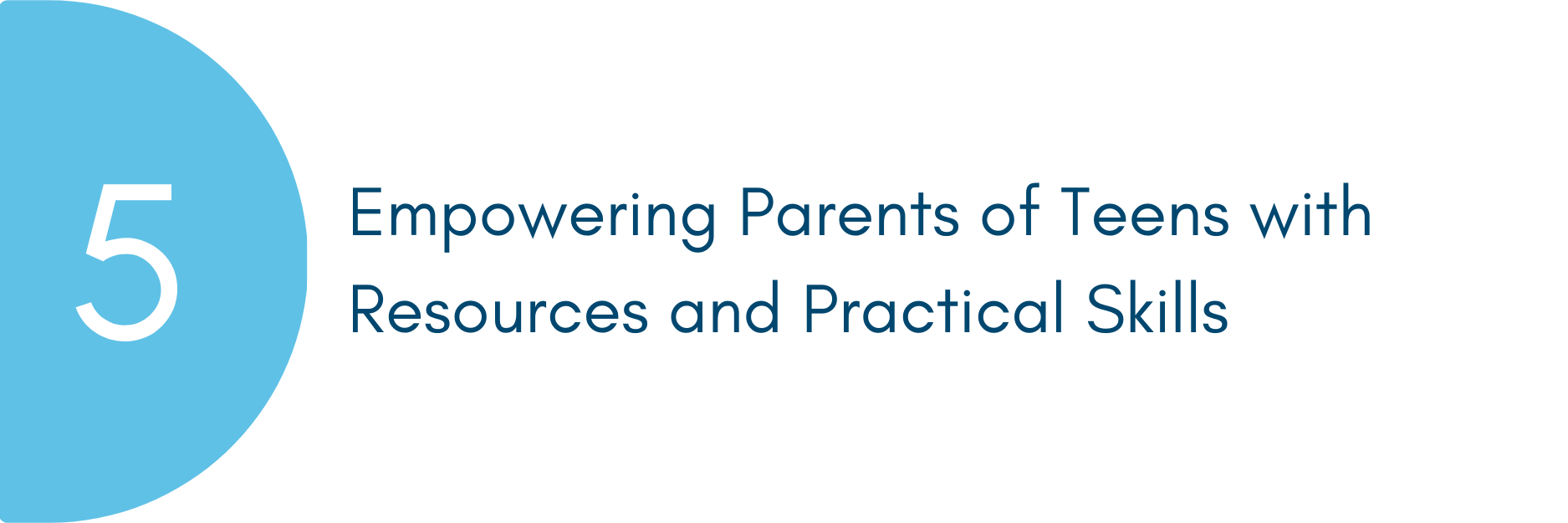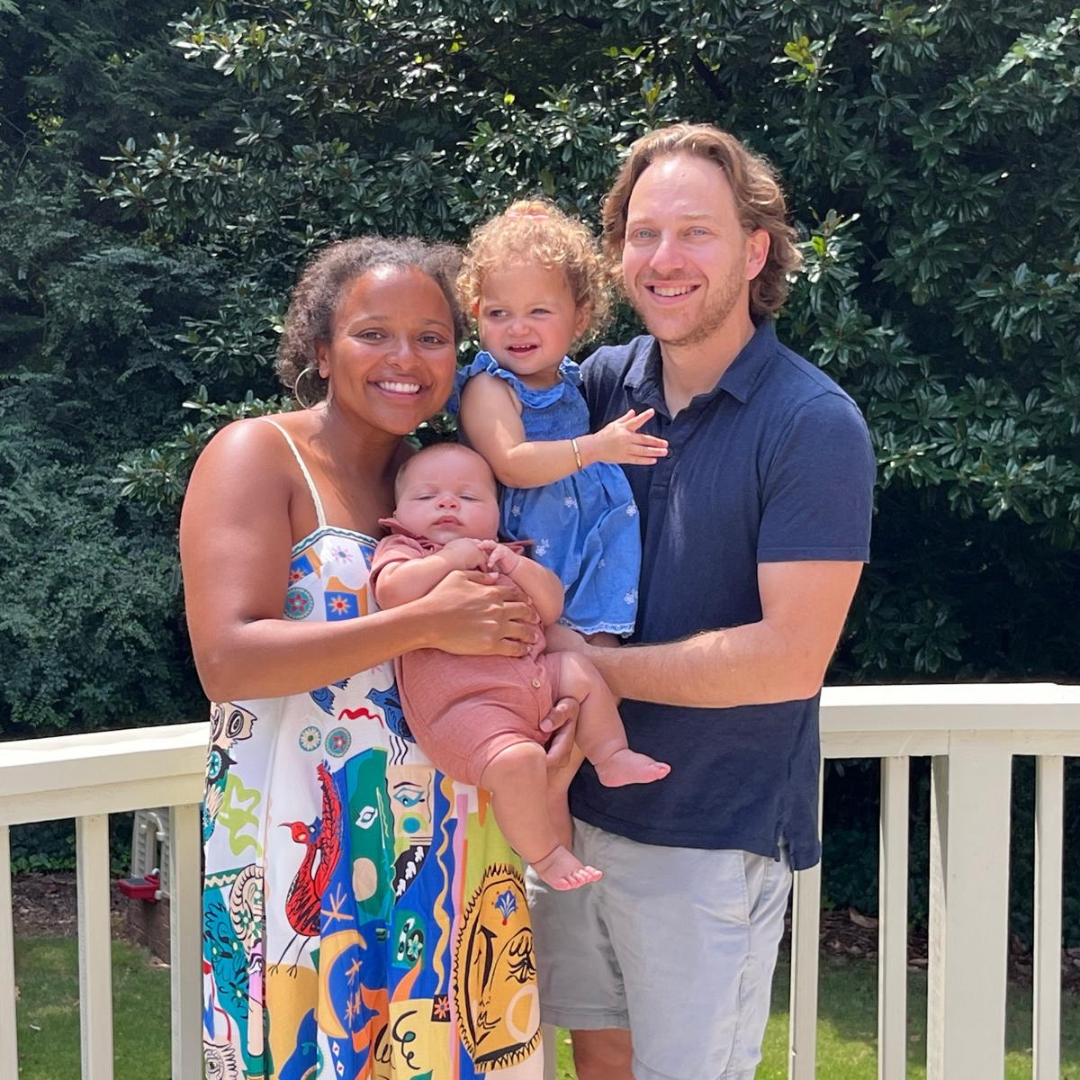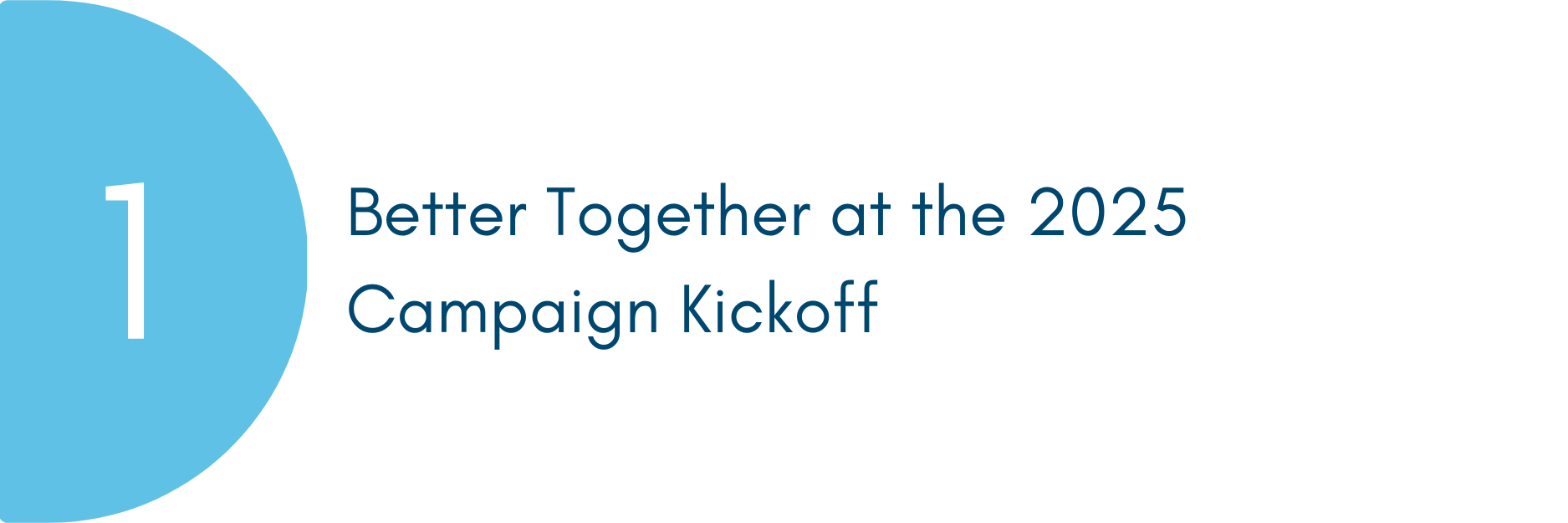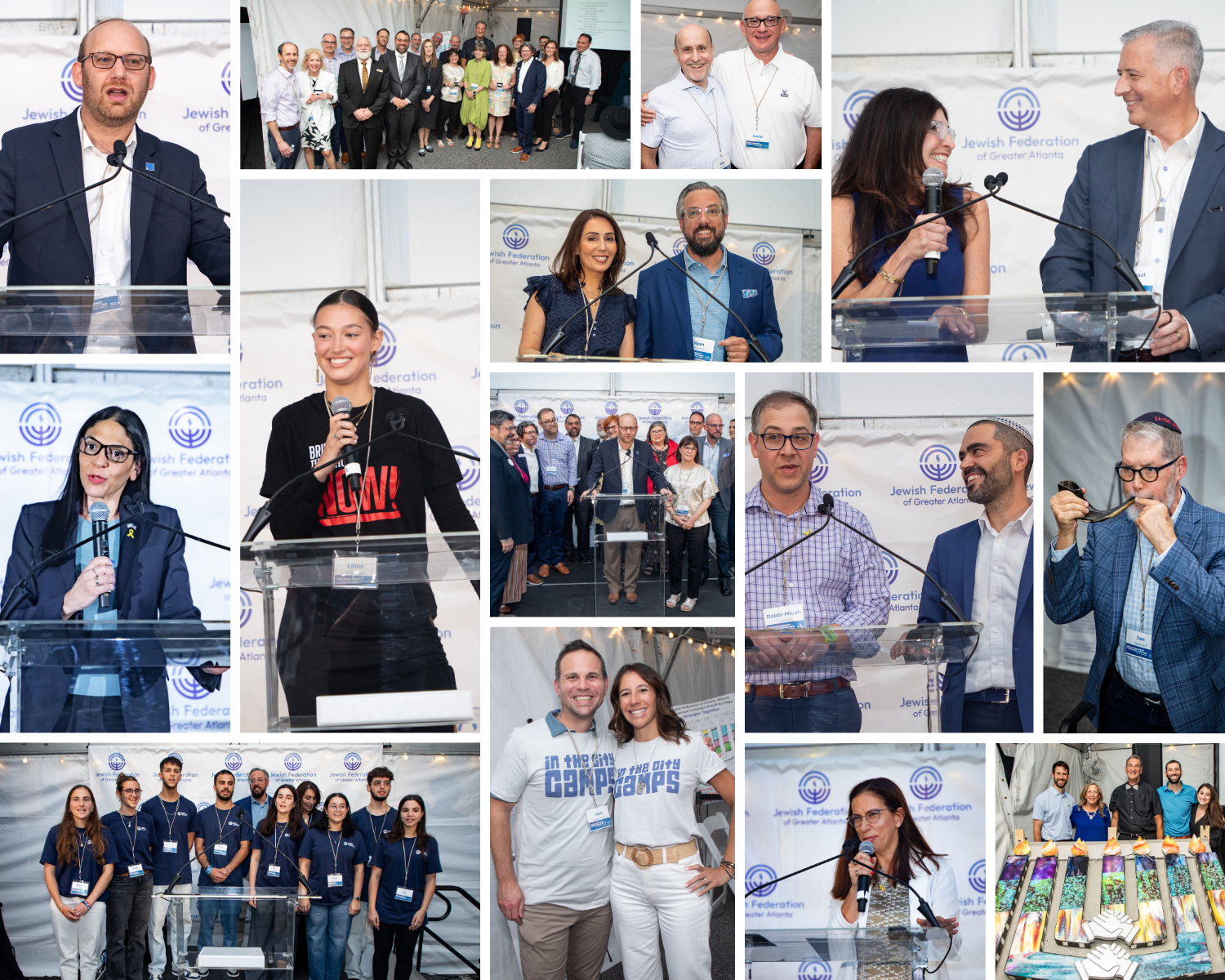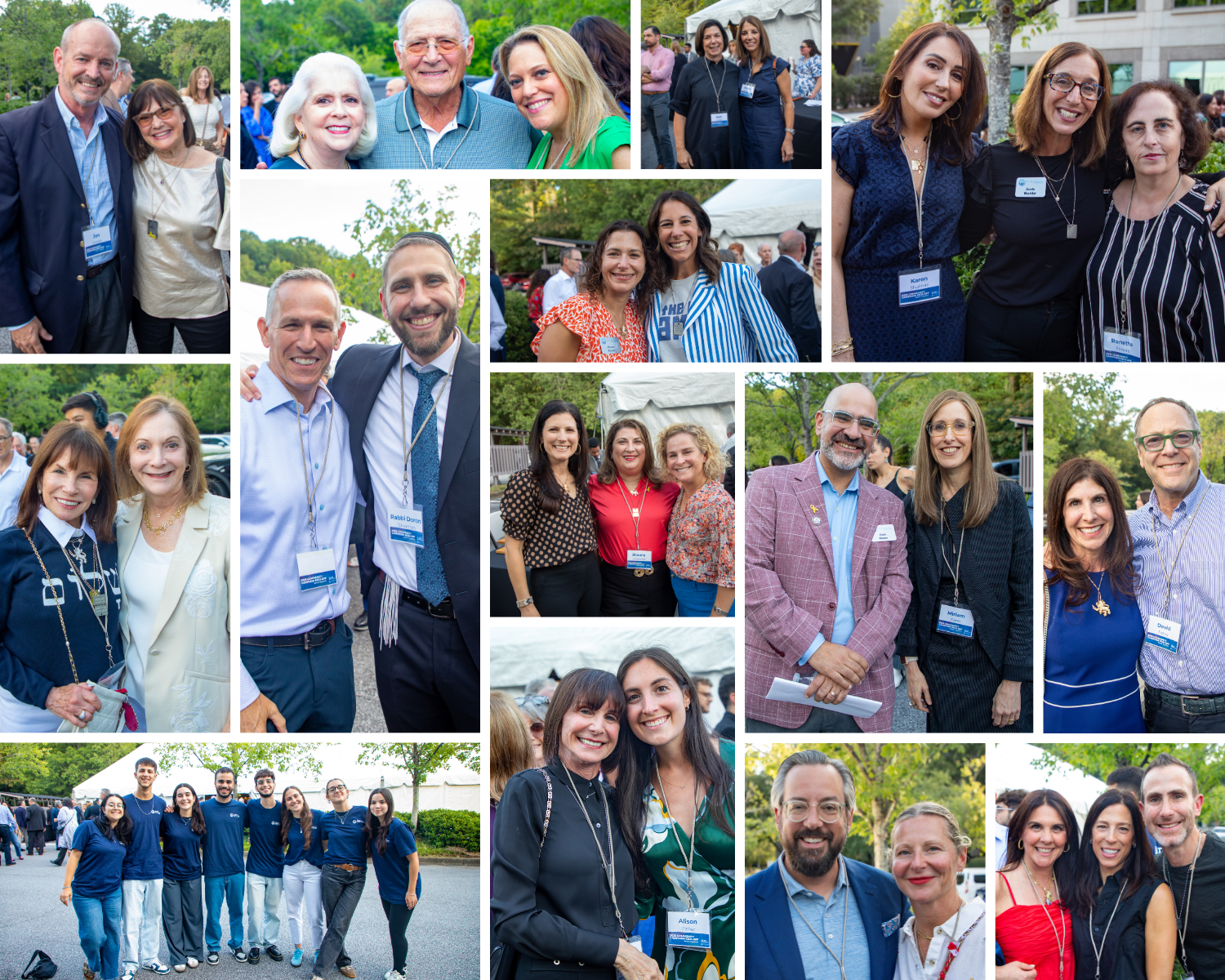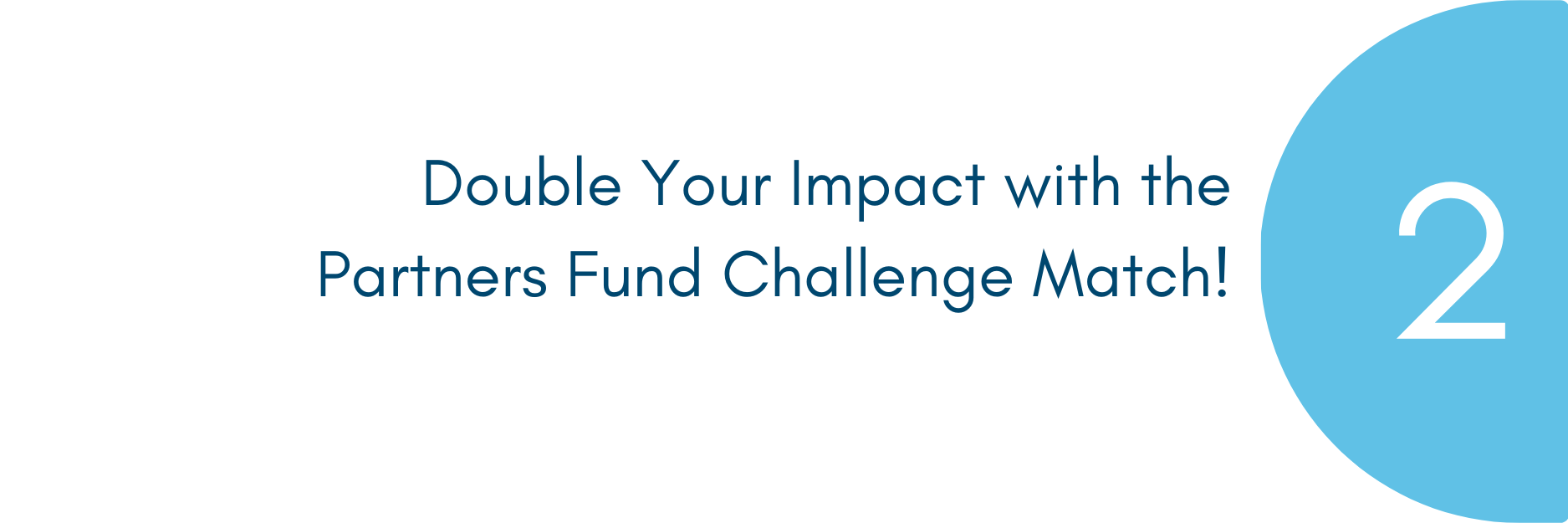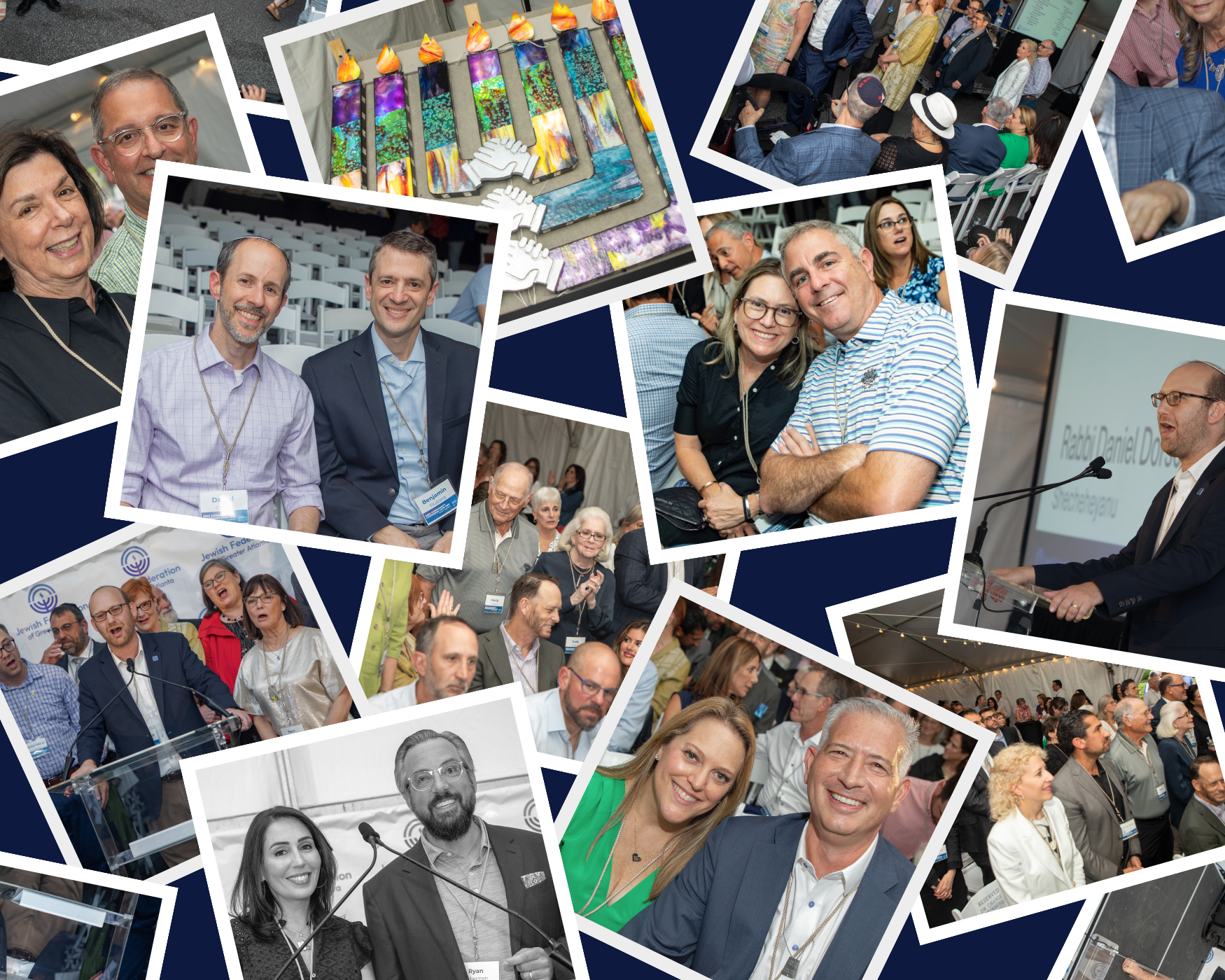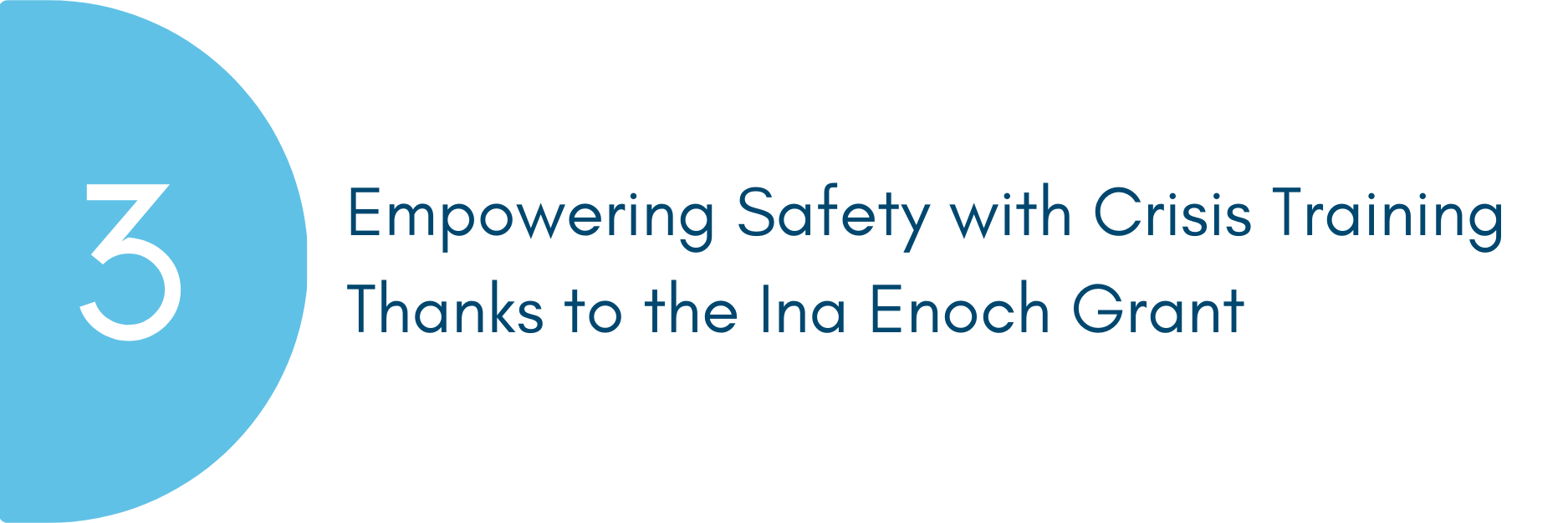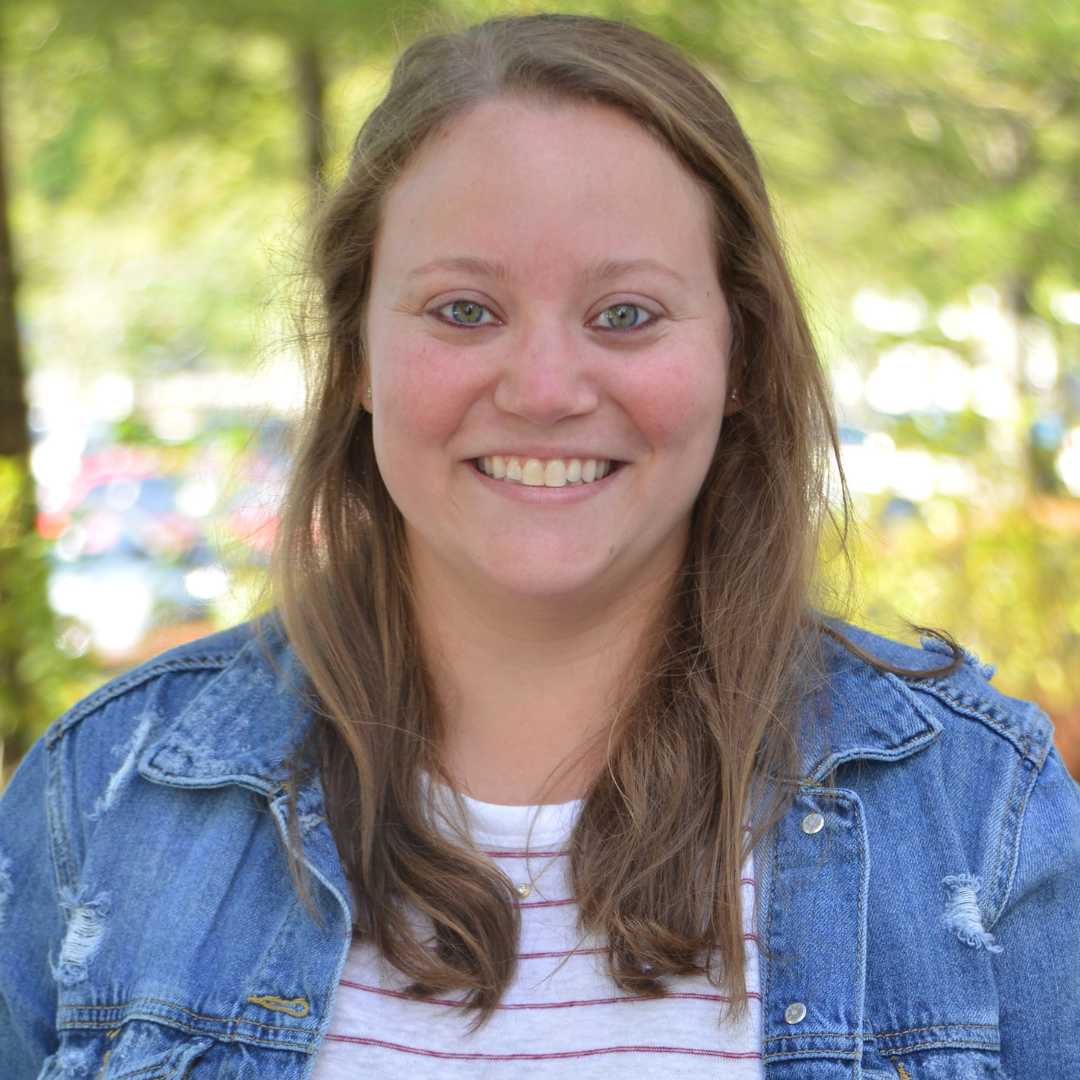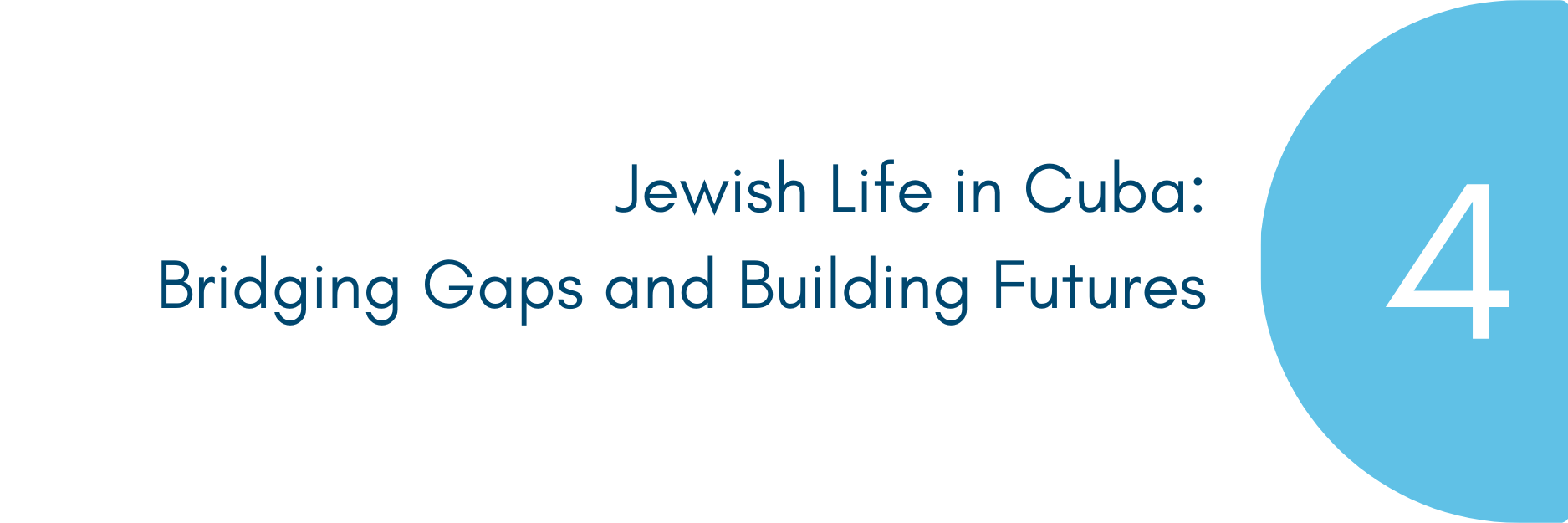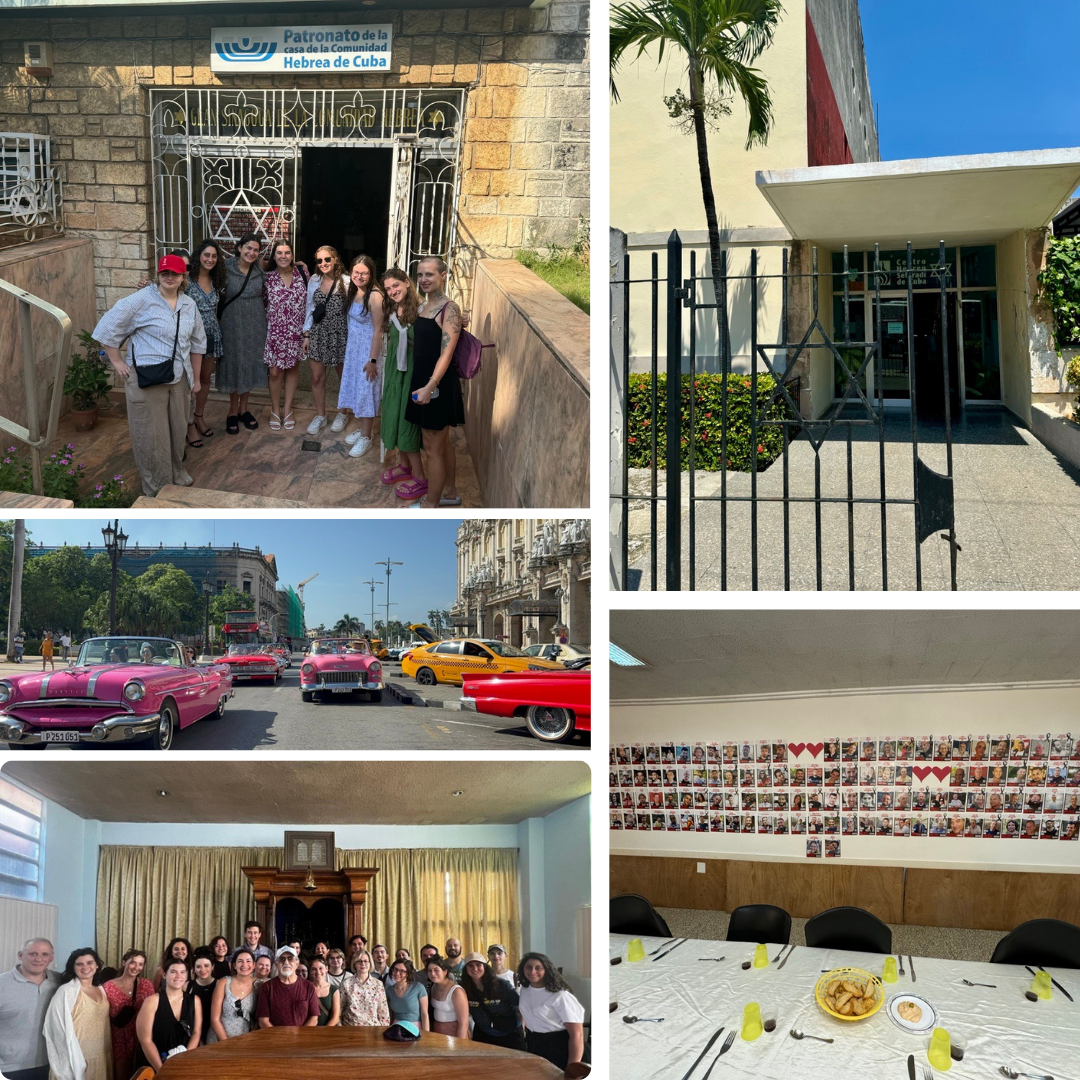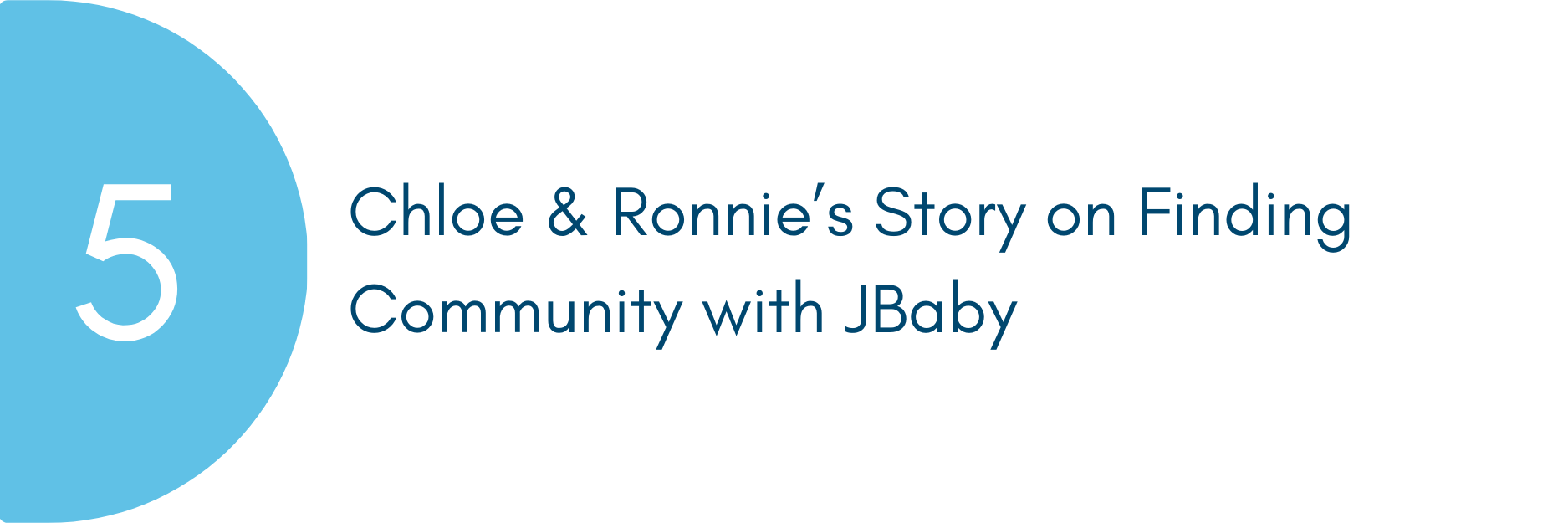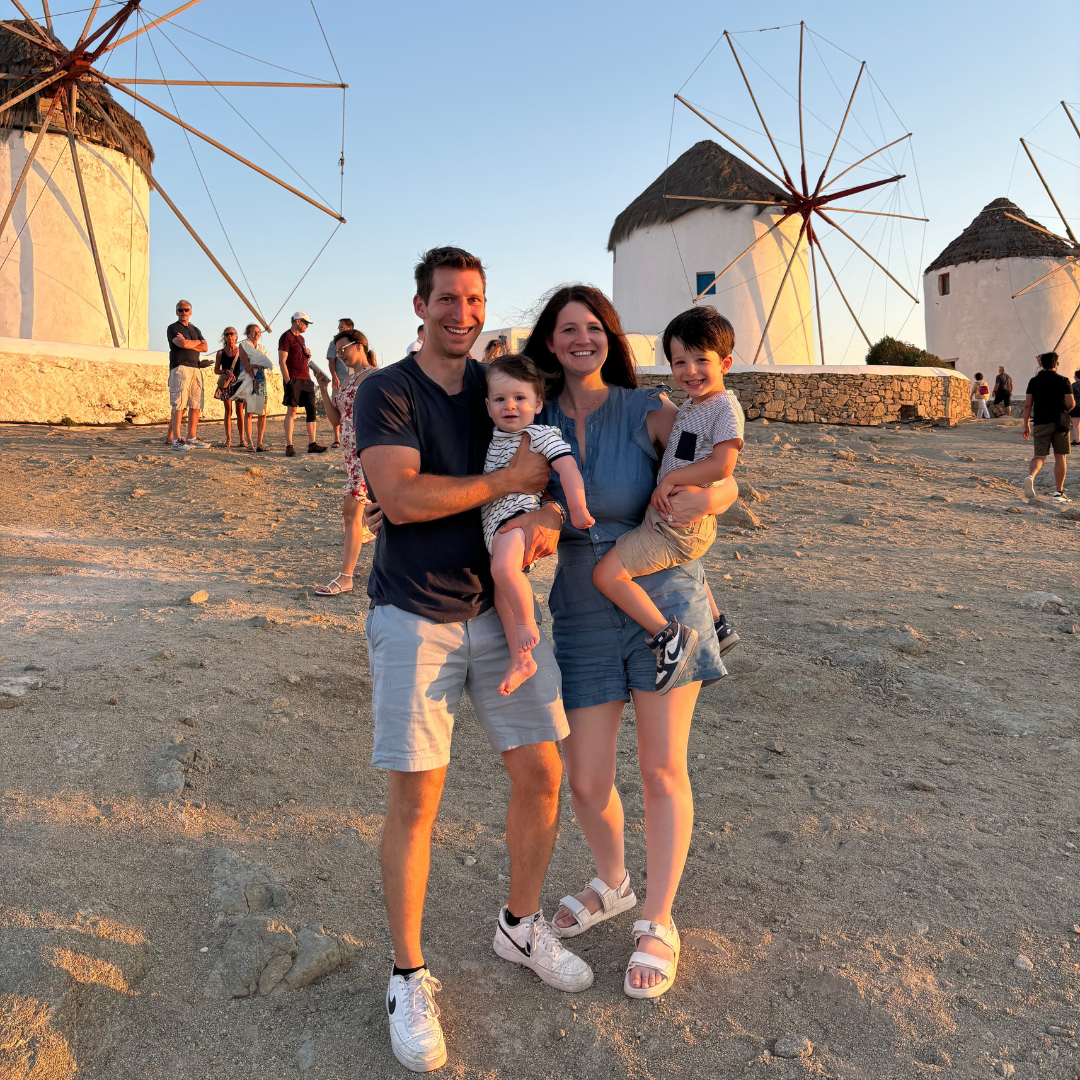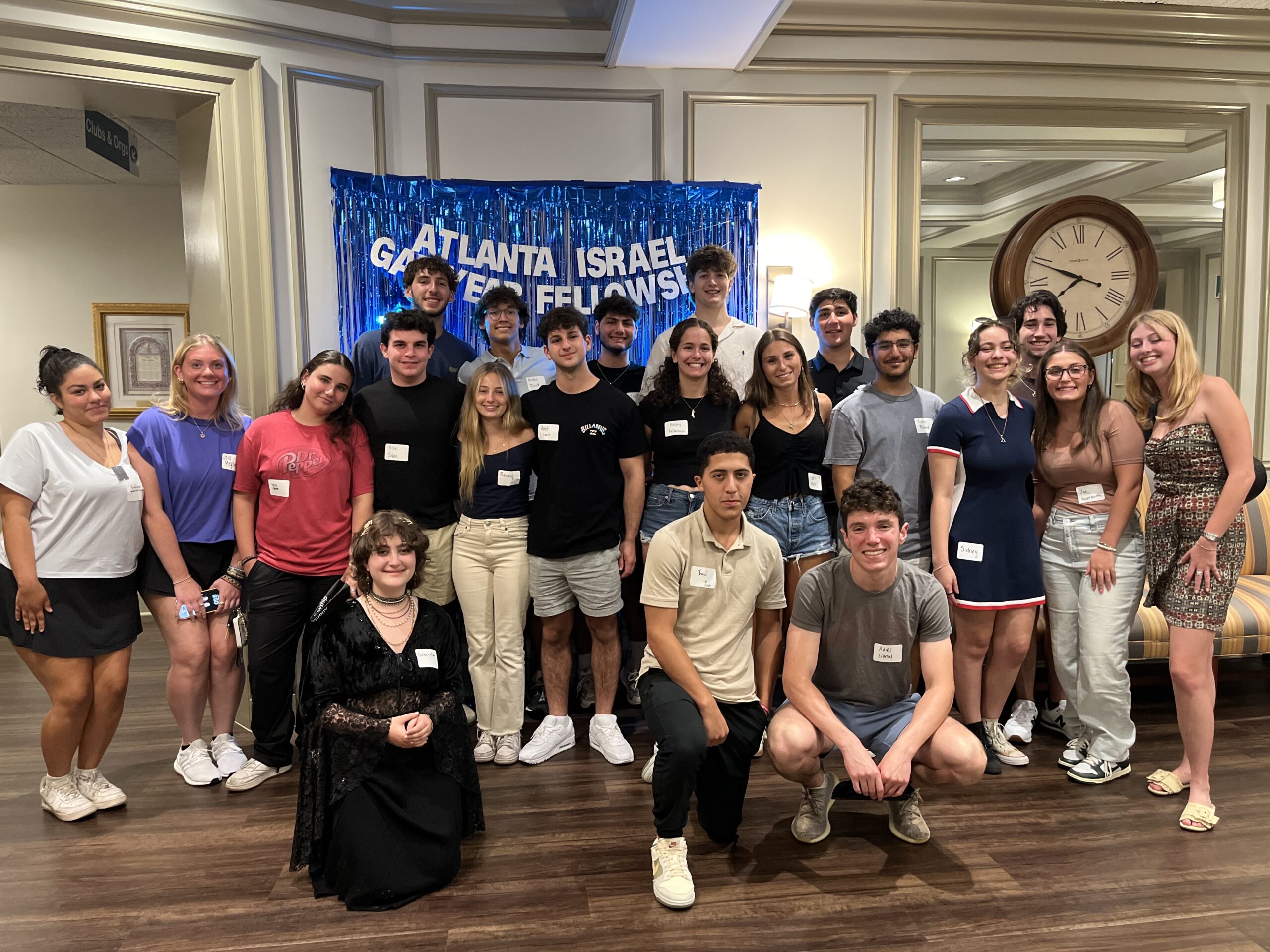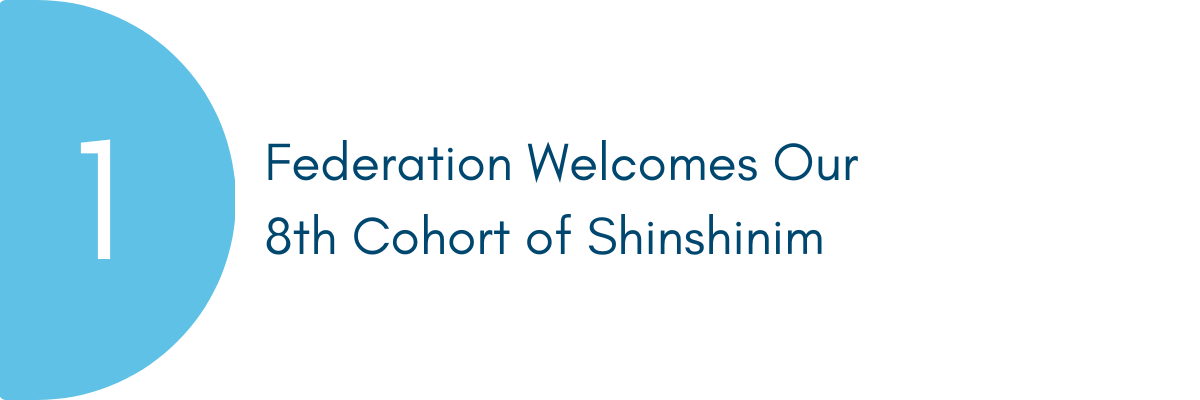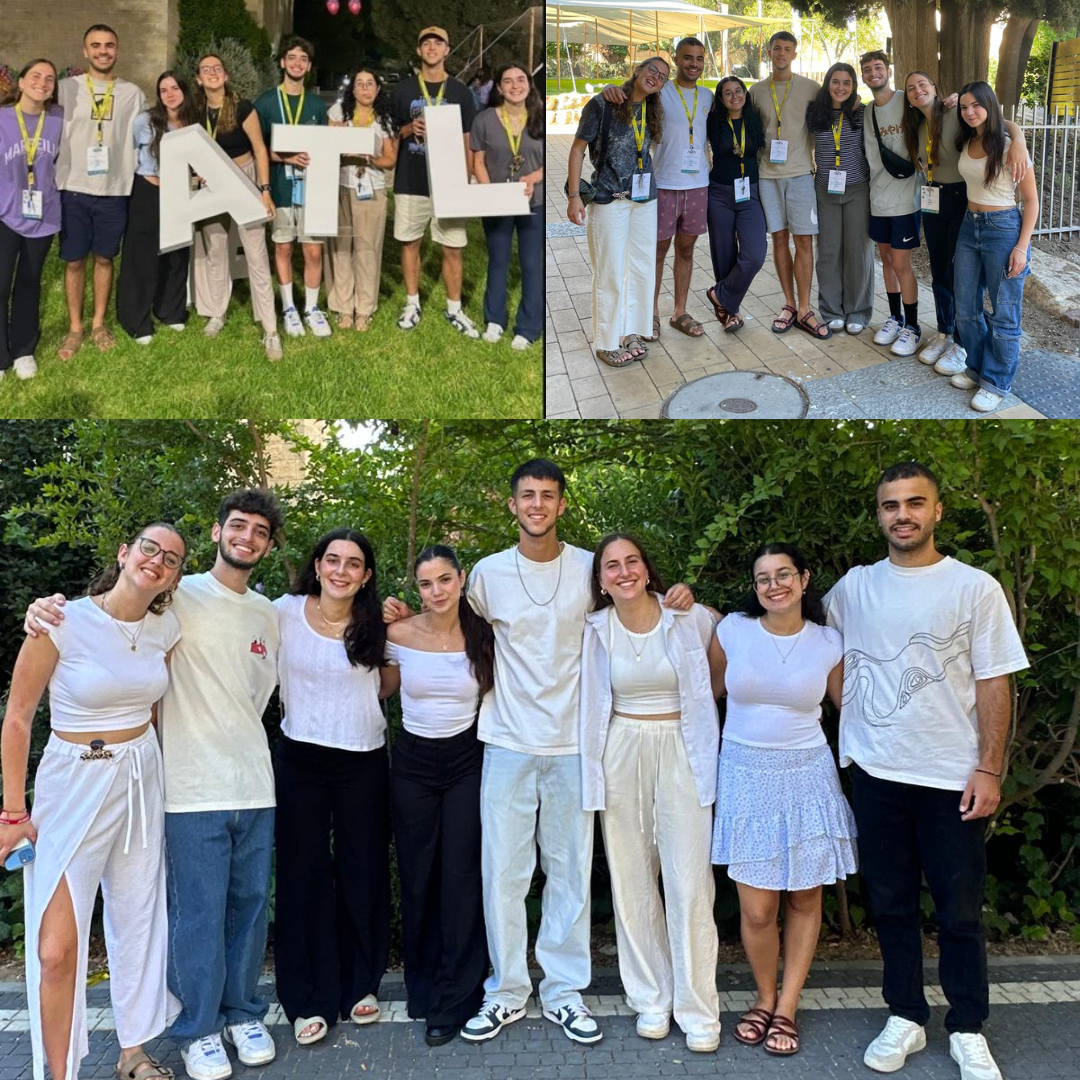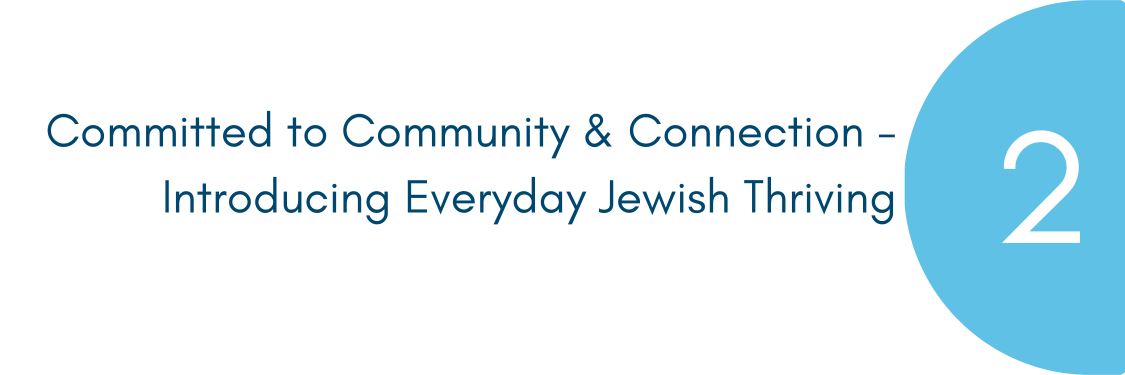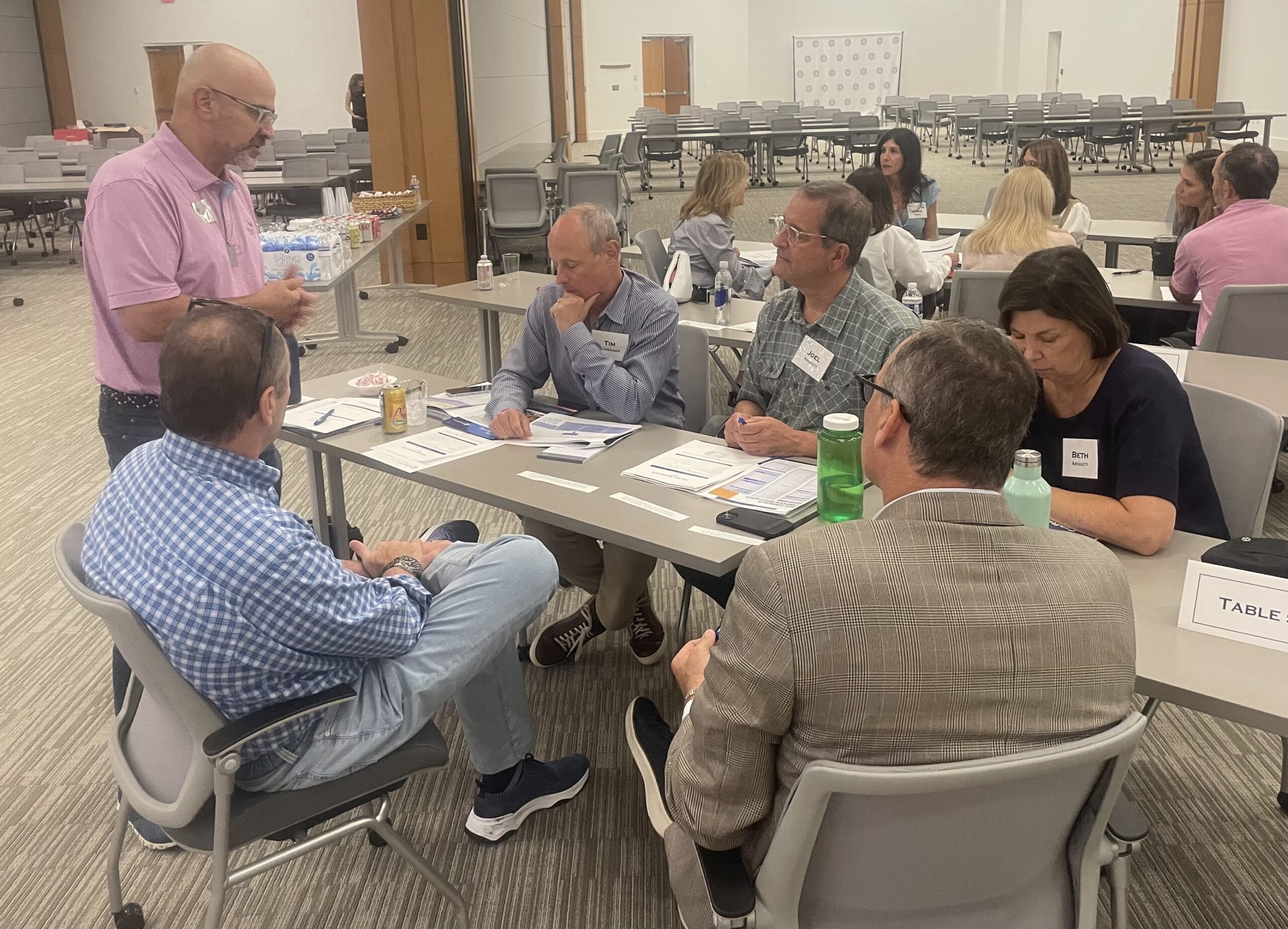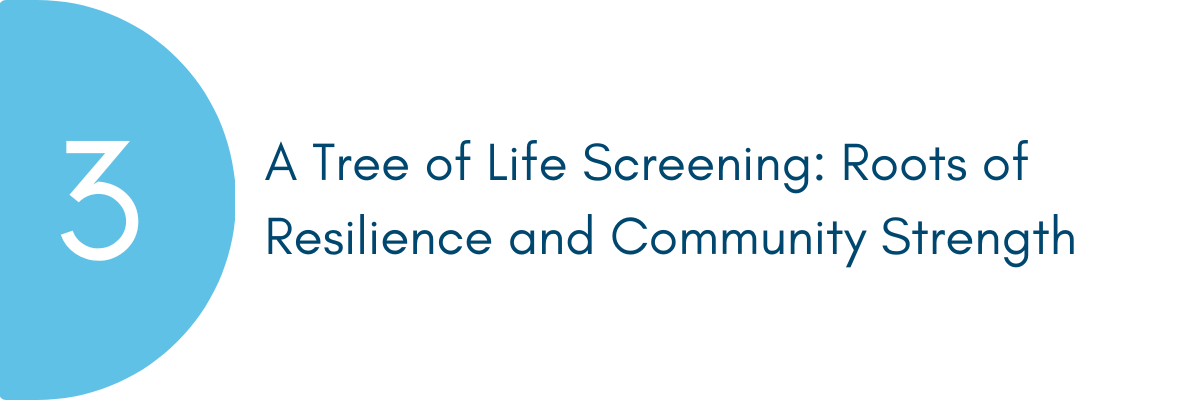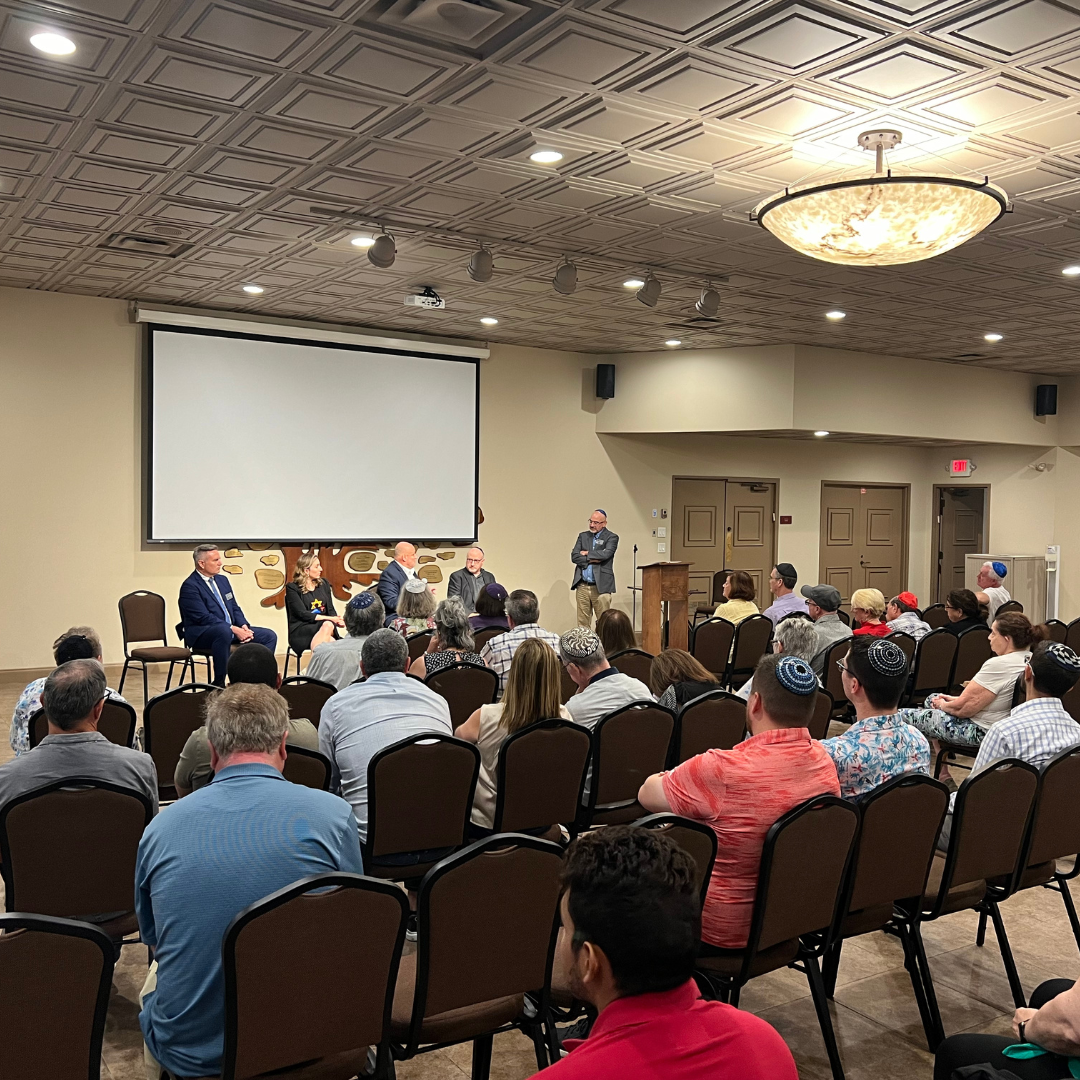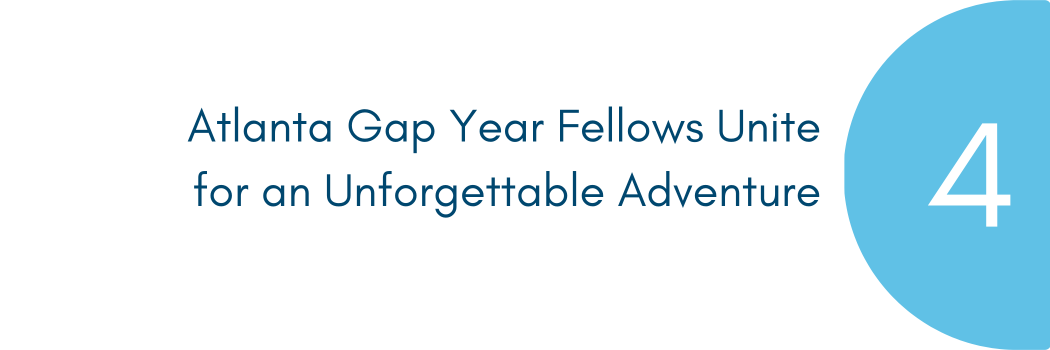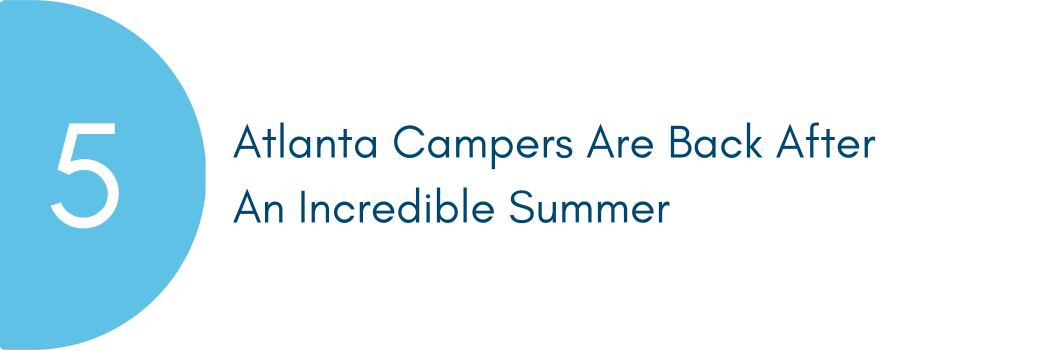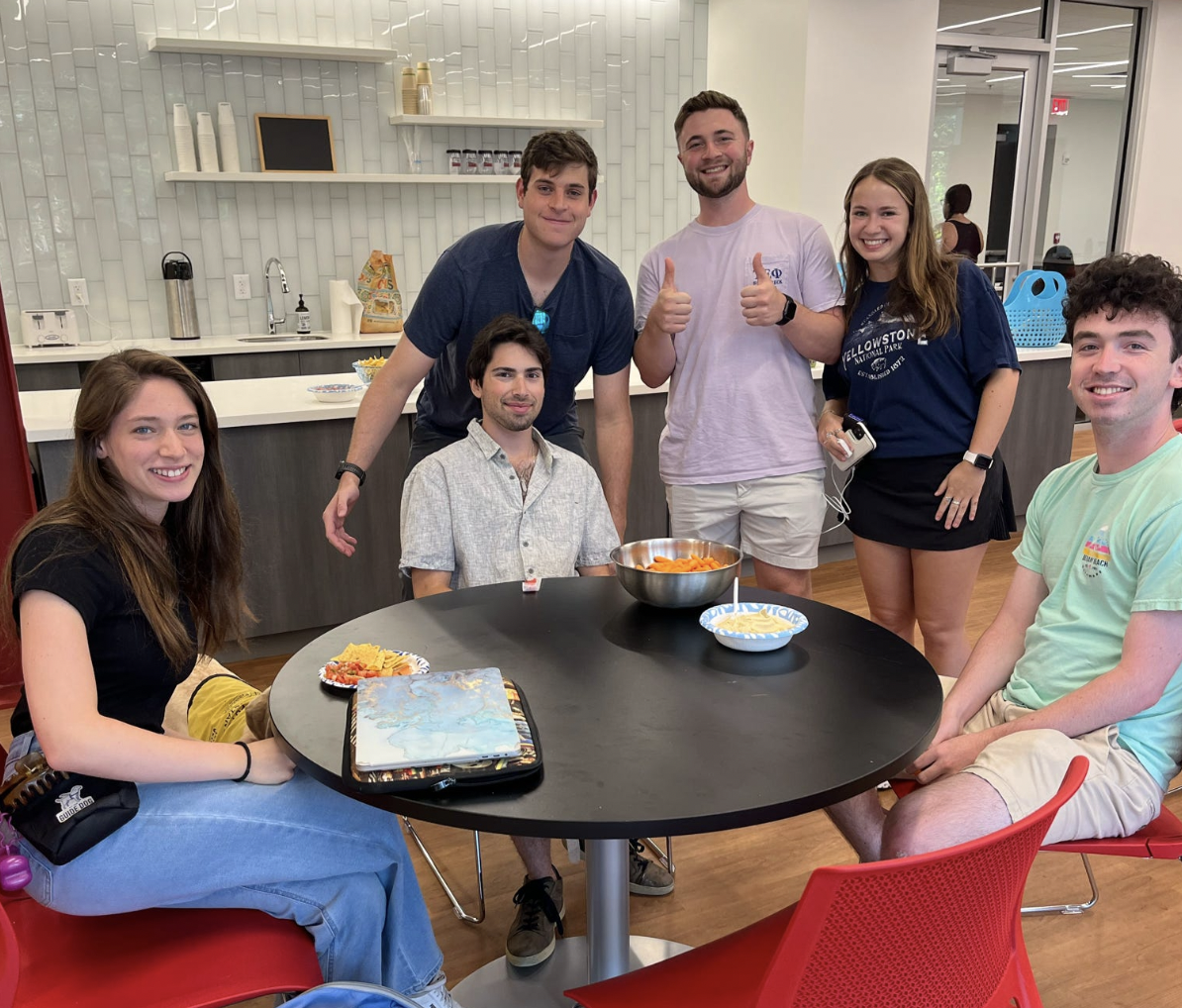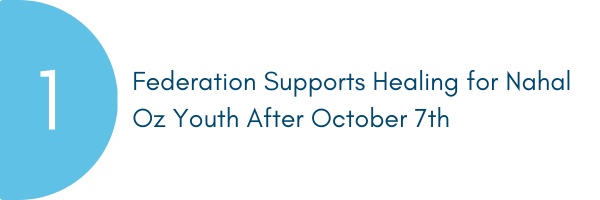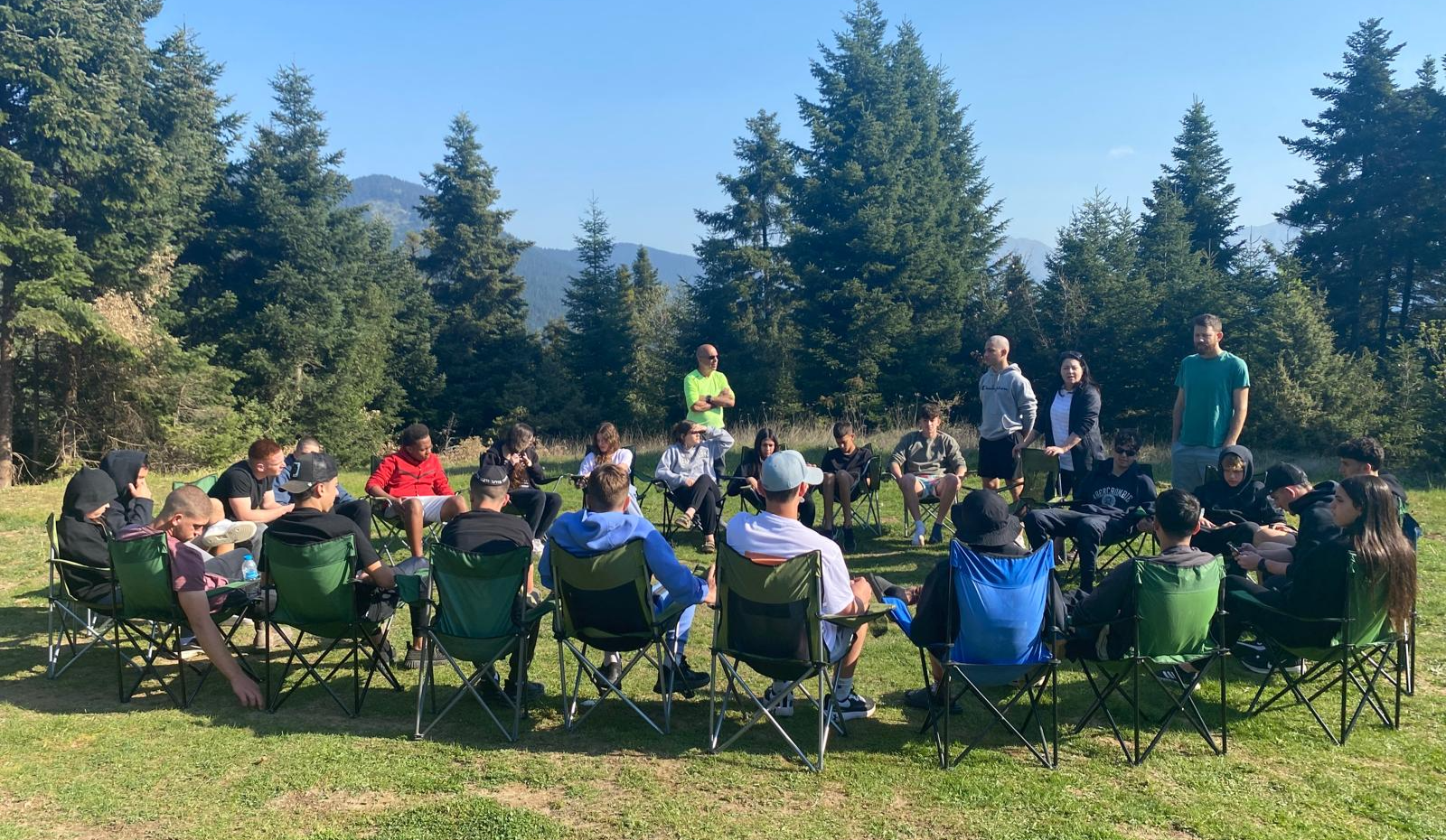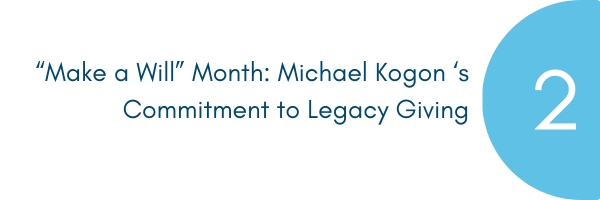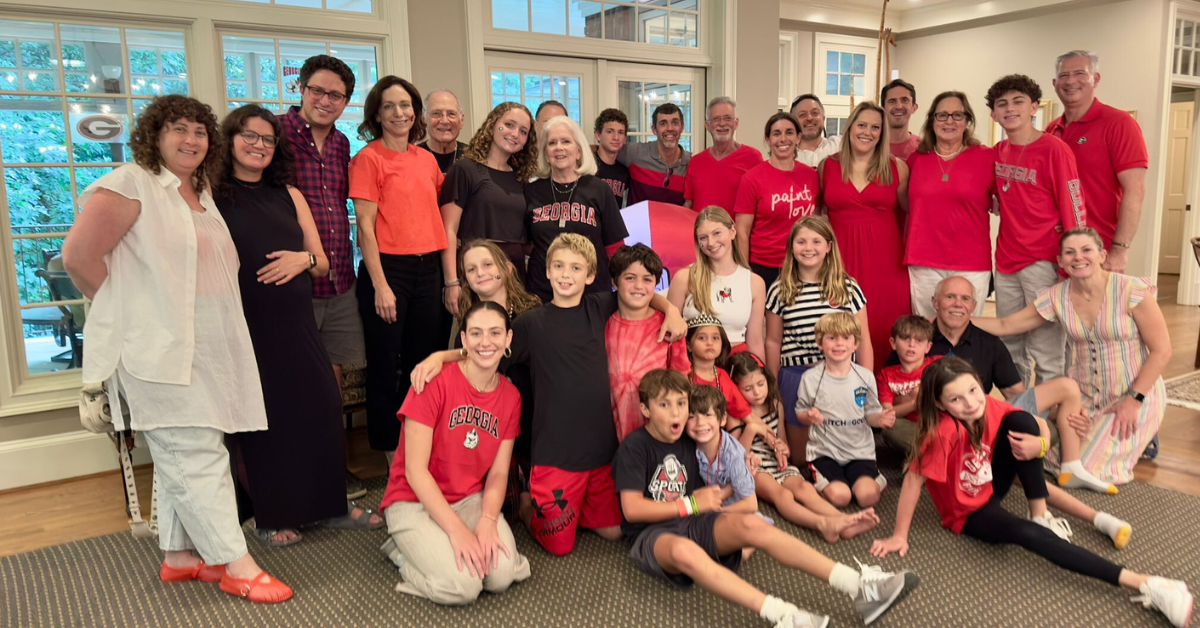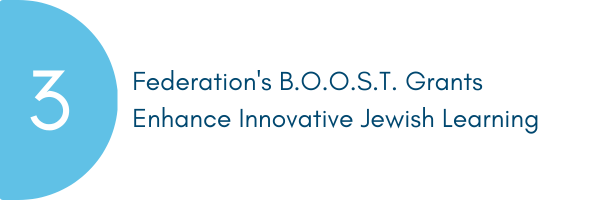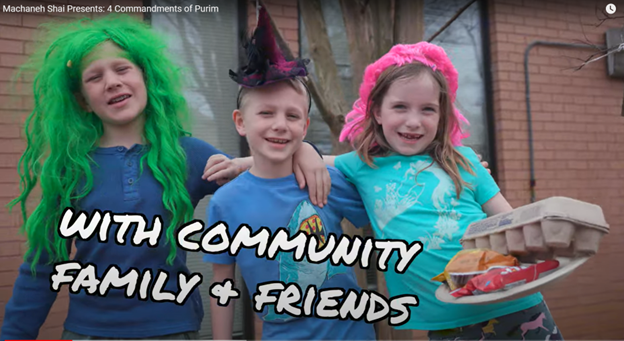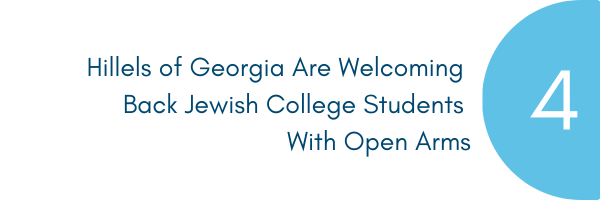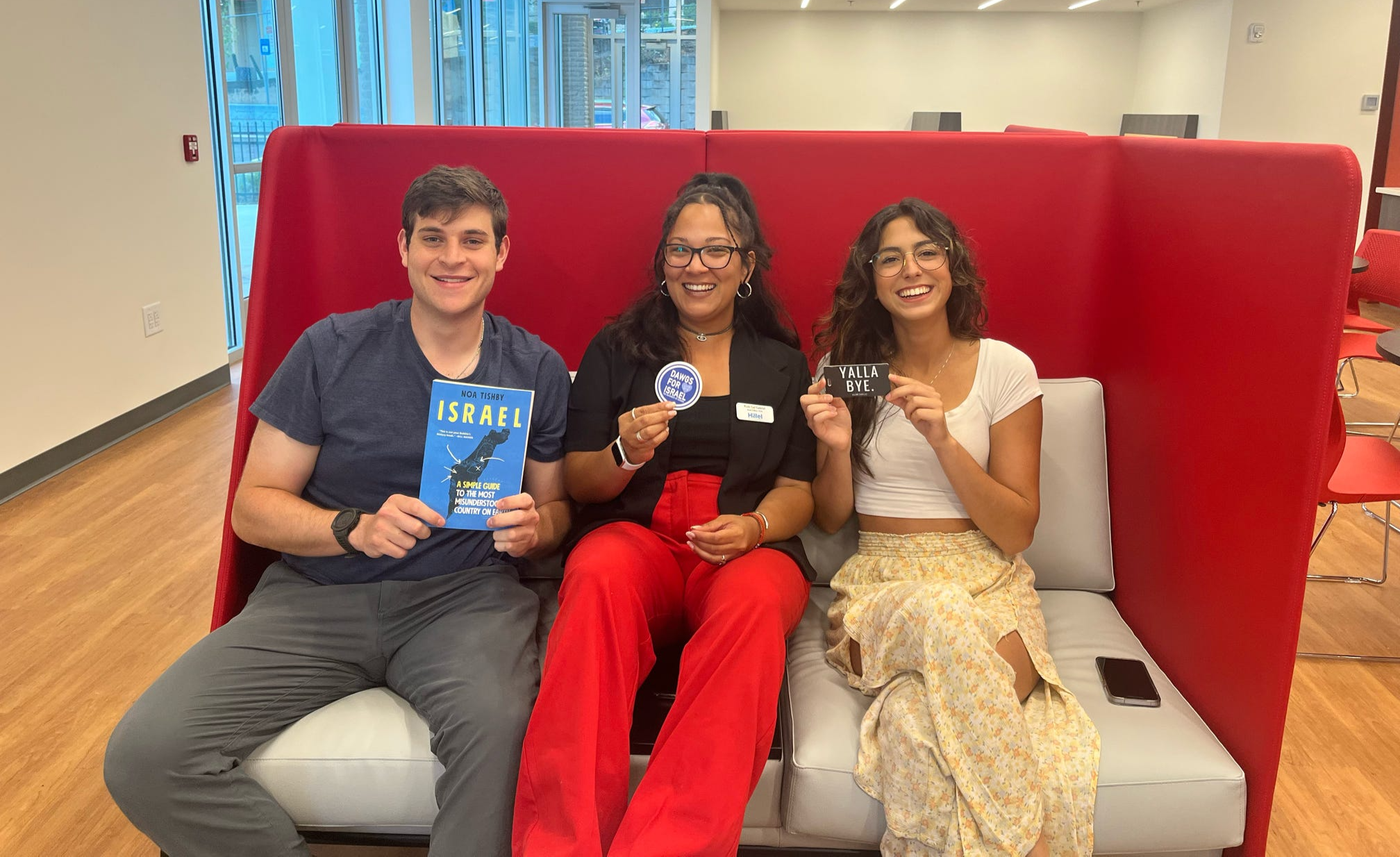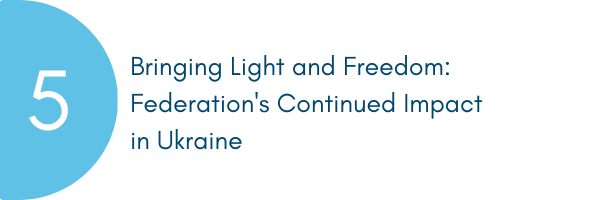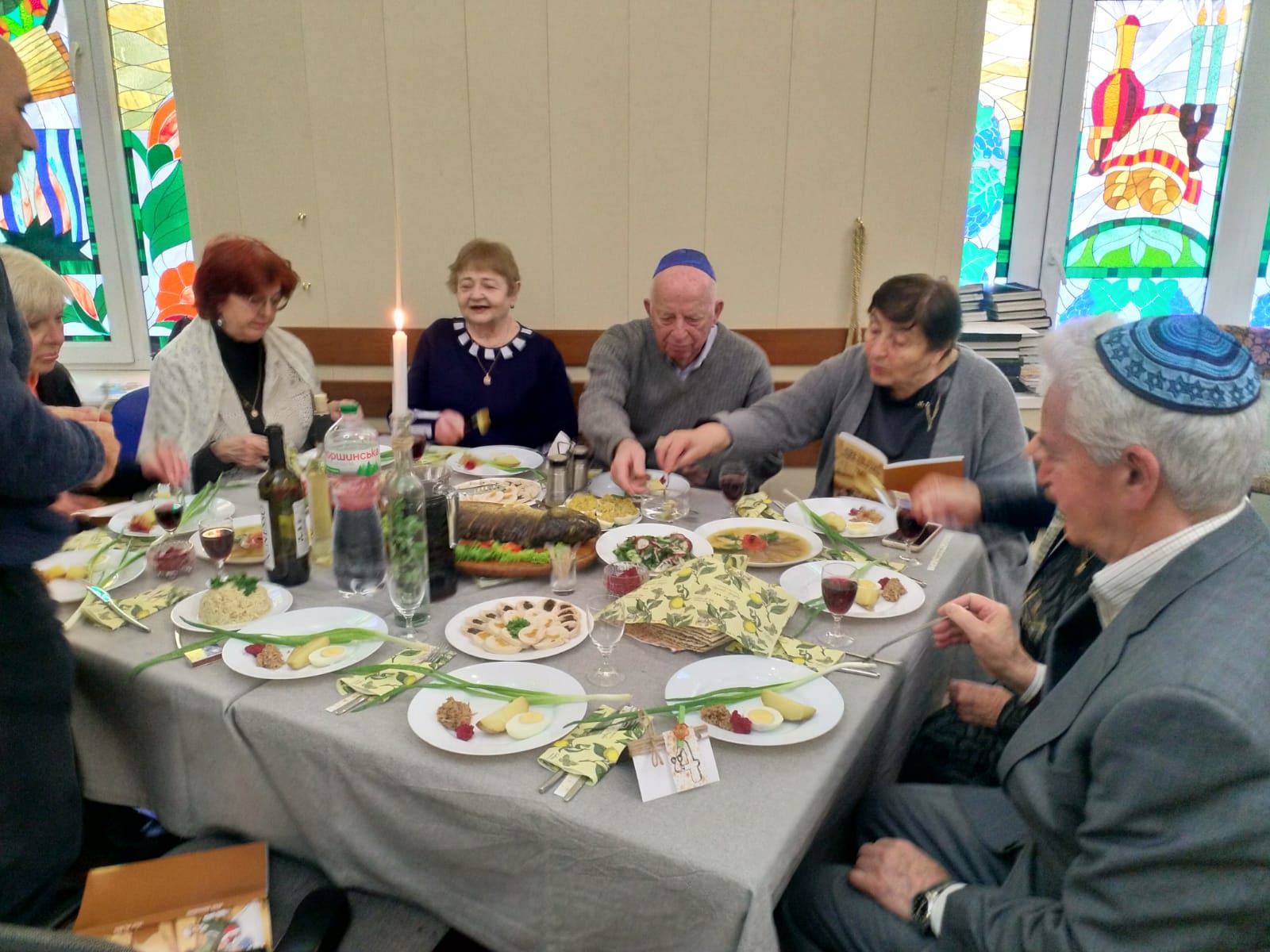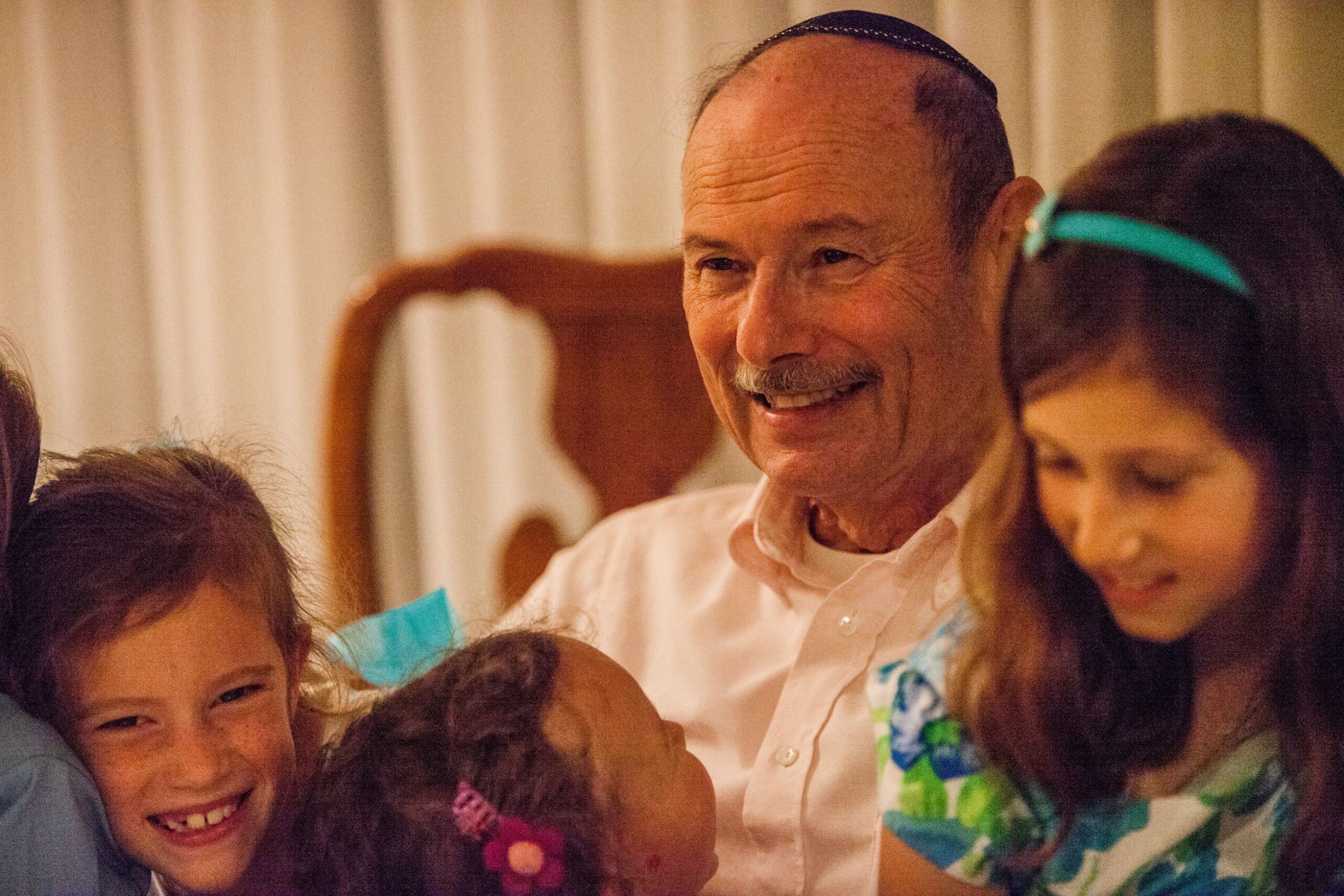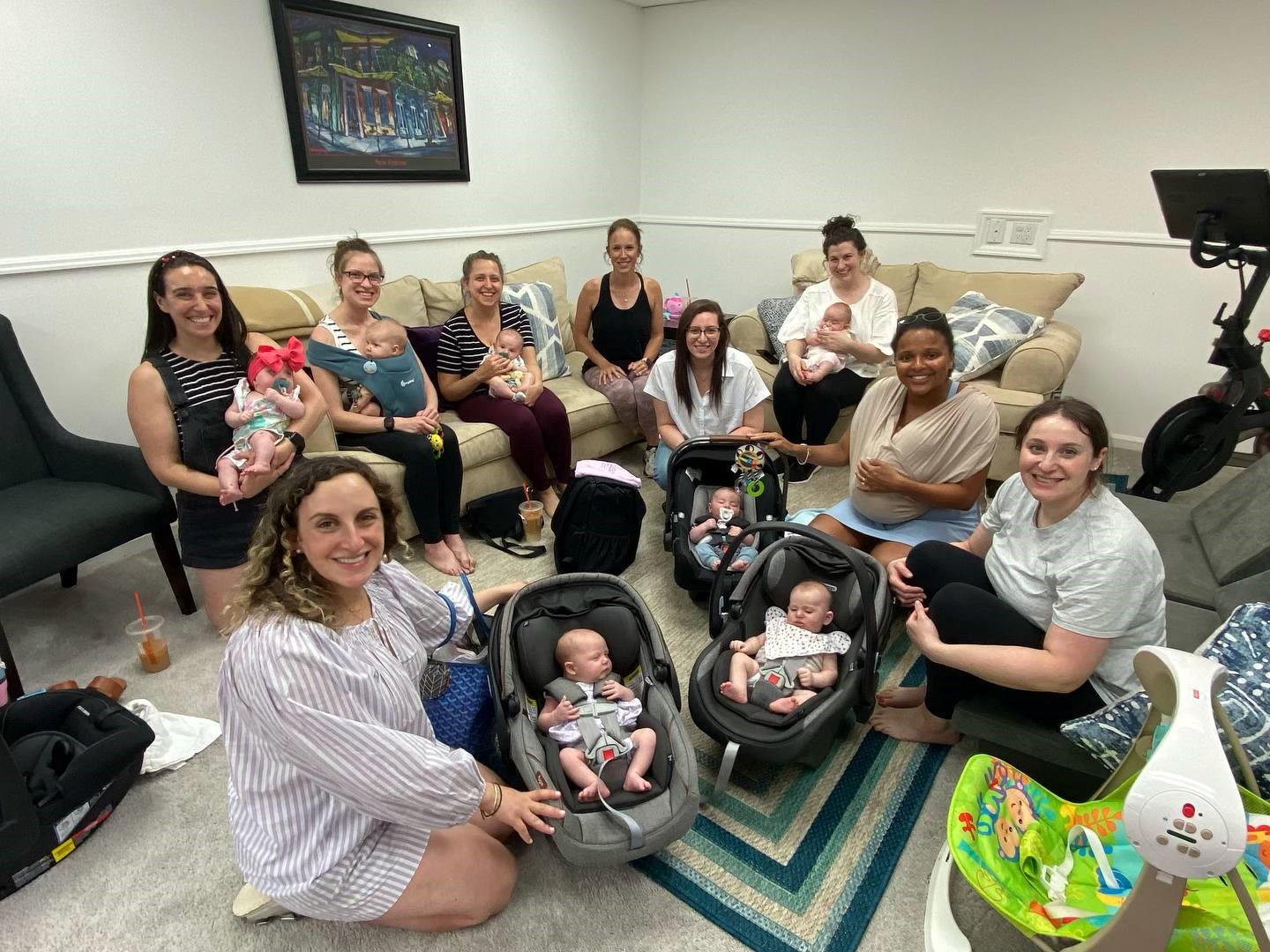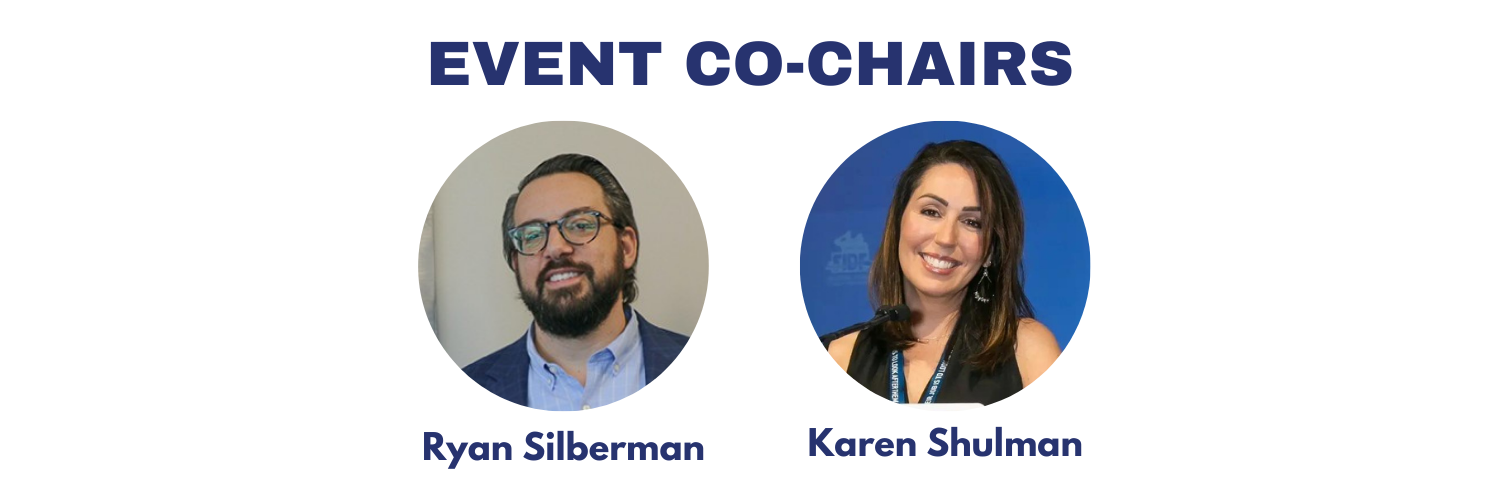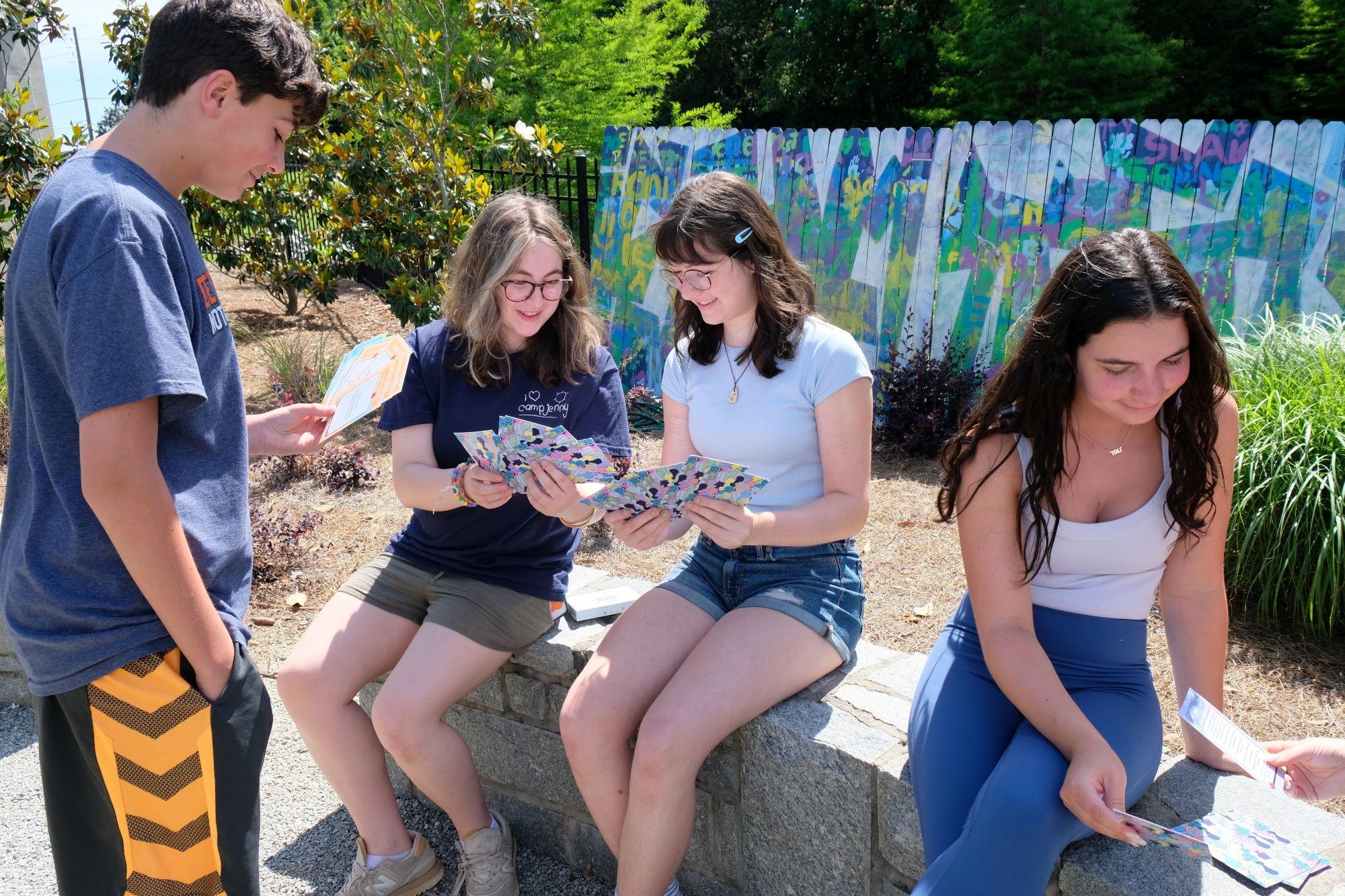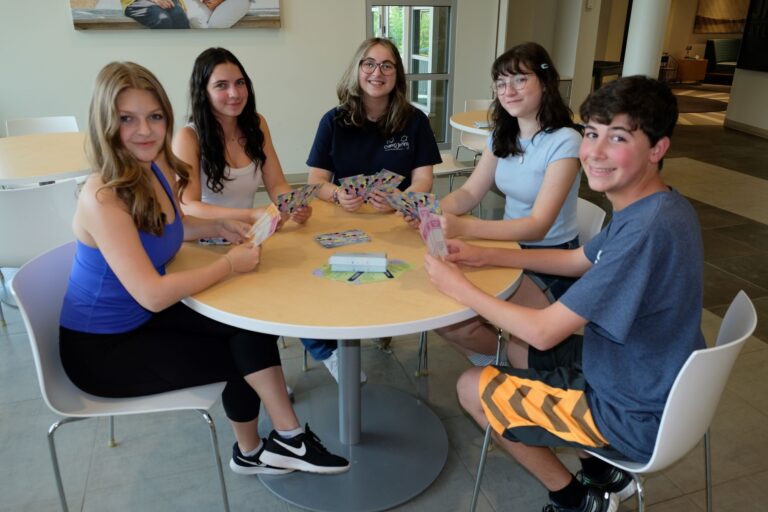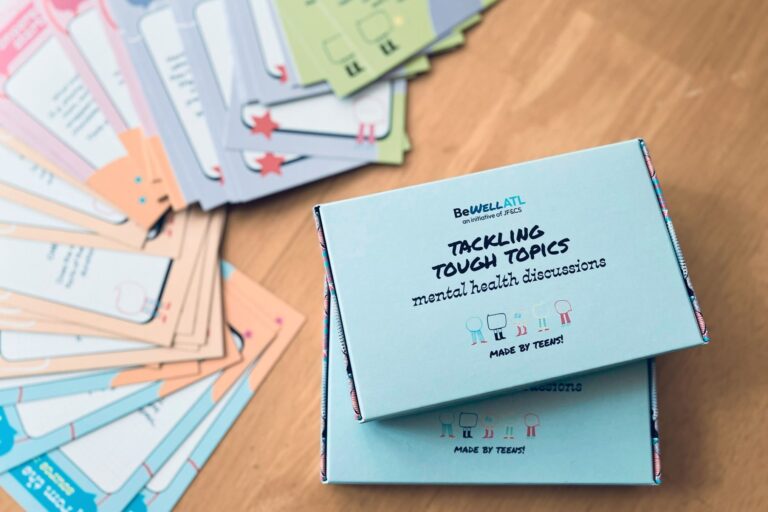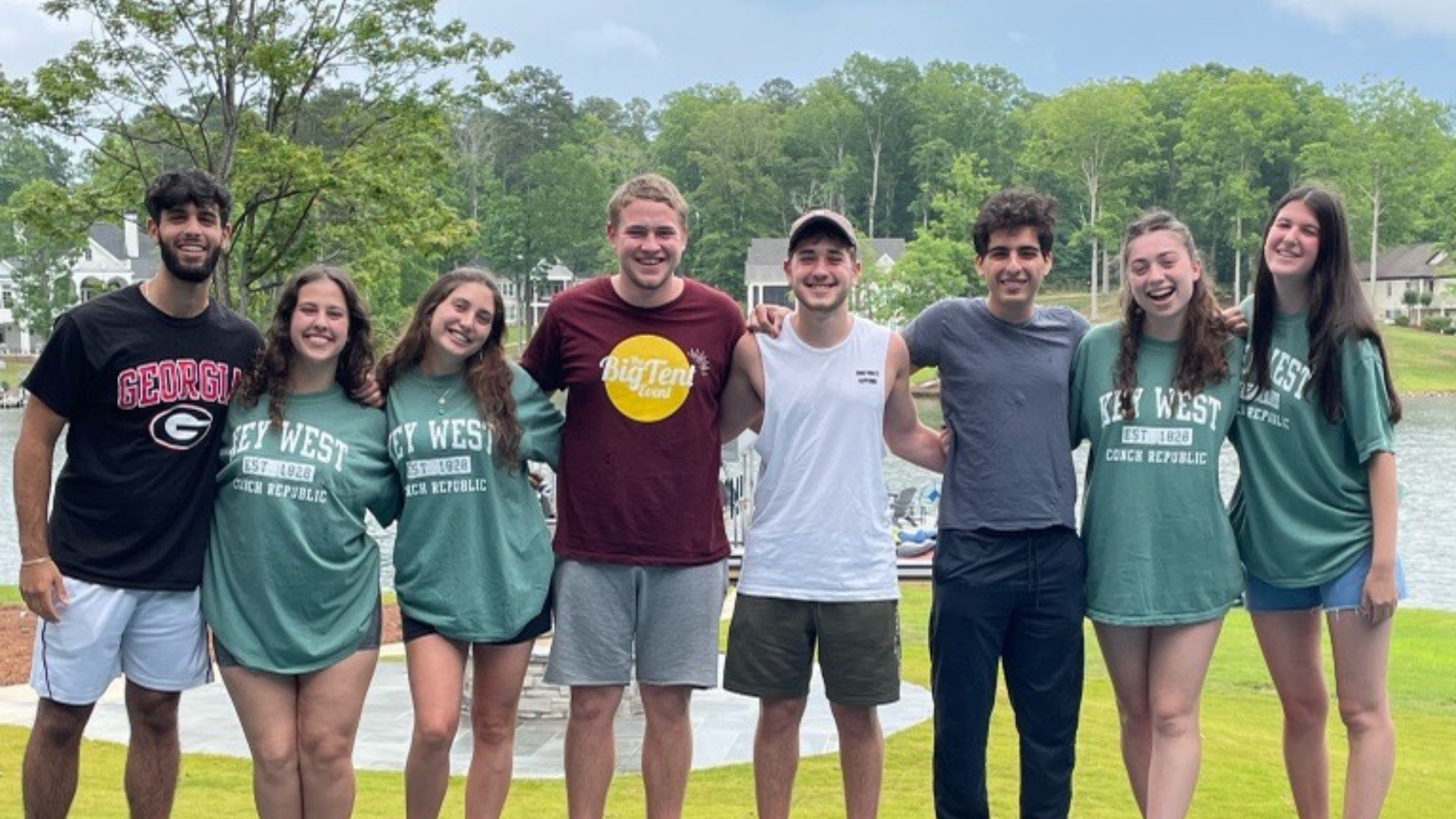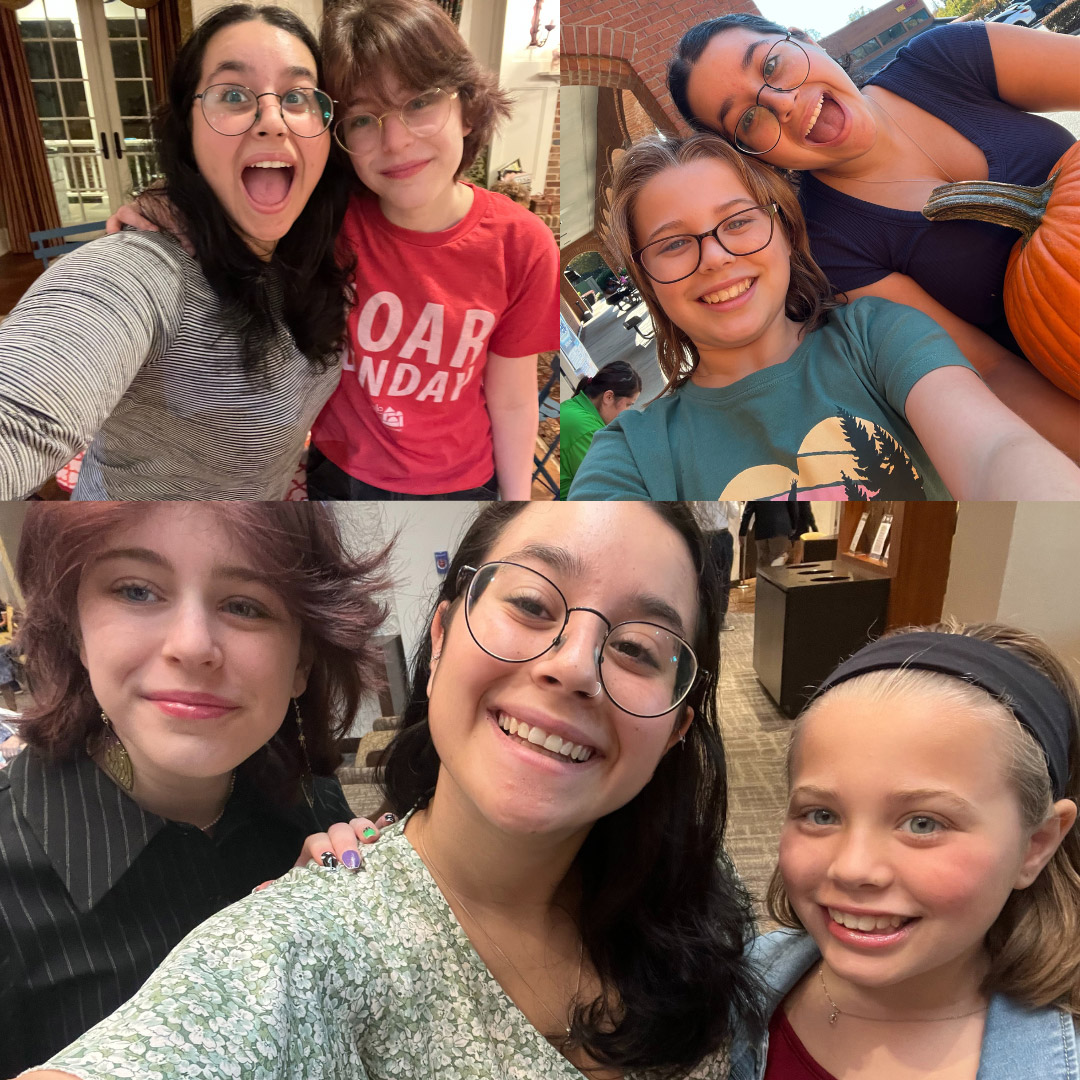

The Schoenbaum Shinshinim Program bridges the gap between Israel and Jewish Atlanta. Shinshinim (which is a Hebrew acronym – Shin Shin, standing for Shnat Sherut, translating to ‘a year of service’ in Hebrew) are 18-year-old high school graduates from across Israel who spend a year of service in Jewish Atlanta, building meaningful connections with community members of all ages.
For anyone seeking a life-changing opportunity to support Israel from Atlanta and form lifelong relationships, the Schoenbaum Shinshinim Host Family Program offers an incredible experience. These young ambassadors need a home away from home—a supportive, welcoming environment—and the Dorfman family decided the time was right for them to get involved.
Lara and Adam Dorfman, current Shinshinim hosts, have opened their home to Dana Boytner, who hails from Modiin, Israel.
Reflecting on the decision, Lara shared, “This has been on our radar for years, but it felt like the right time. We felt our family was in a good spot, and with everything going on in the world, it just seemed right.”
The Dorfman family, with two children ages 11 and 14, have embraced this experience wholeheartedly, and Federation has made the process for them both simple and thoughtful.
“I just reached out to Amy Fox, Federations’ JumpSpark Navigating Parenthood Coordinator, and it was seamless from there,” Lara explained.
Federation’s careful approach to matching families with Shinshinim ensured a great fit; Dana’s interests aligned perfectly with the Dorfmans’.
“Dana was involved in the Reform youth movement in Israel—something that’s not very common there, but it resonated with us,” said Adam. “We are also active at our Reform synagogue, and we share a love for music and the arts.”
Living with Dana has enriched the Dorfmans’ daily life, from discussions about Hebrew to sharing Israeli meals.
“I love how she’s shifted the conversation at our dinner table,” Lara said. “We talk about Hebrew words, foods, and culture, creating memories I know will last a lifetime.”
Their 10-year-old daughter’s feelings have been especially touching. “She asked, ‘What if I miss her when she’s gone?’ It was such a tender reminder of the bond they’re forming,” Lara said, her eyes filling with tears.
For families considering hosting, Lara’s advice is simple: “It’s crucial to have the mental space and openness to welcome someone into your family. You’ll get out of it what you put in.”
As they look to the future, the Dorfmans are already planning to visit Dana in Israel. “This experience has truly been life changing,” they said.
Interested in being a Shinshinim Host Family? Federation is currently seeking families for second semester starting in January. Please contact Amy Fox at afox@jewishatlanta.org.
